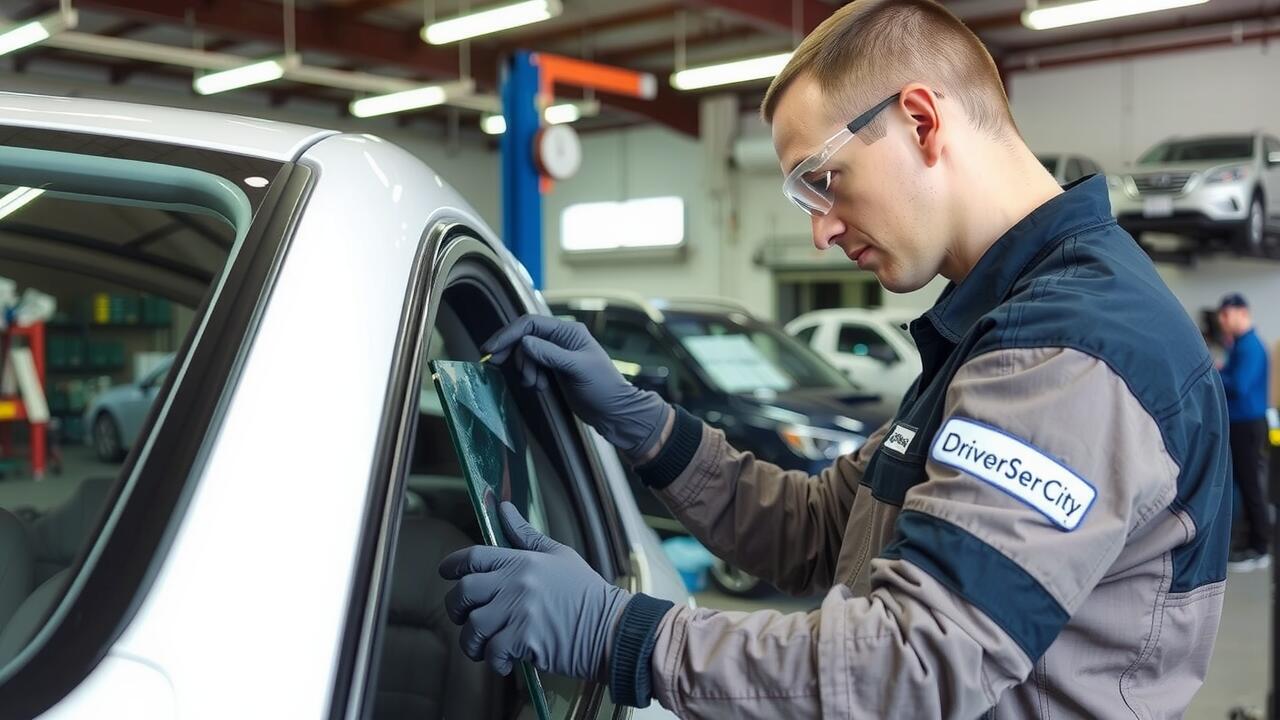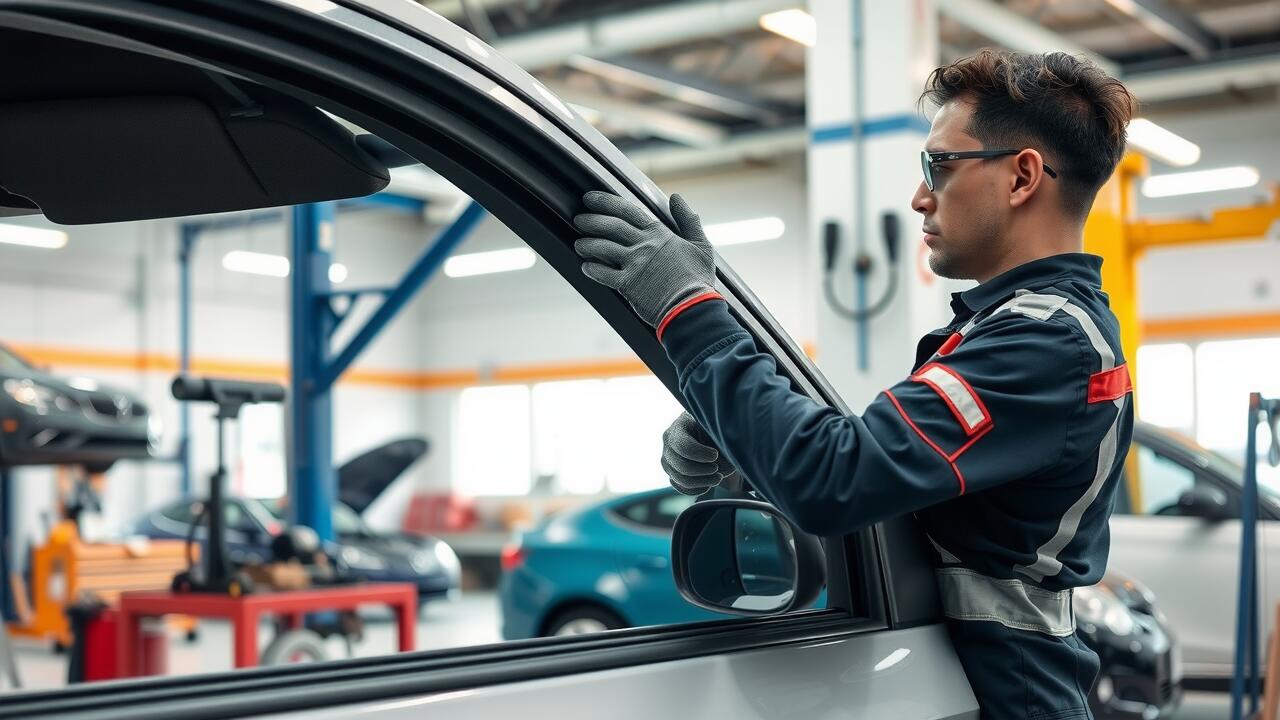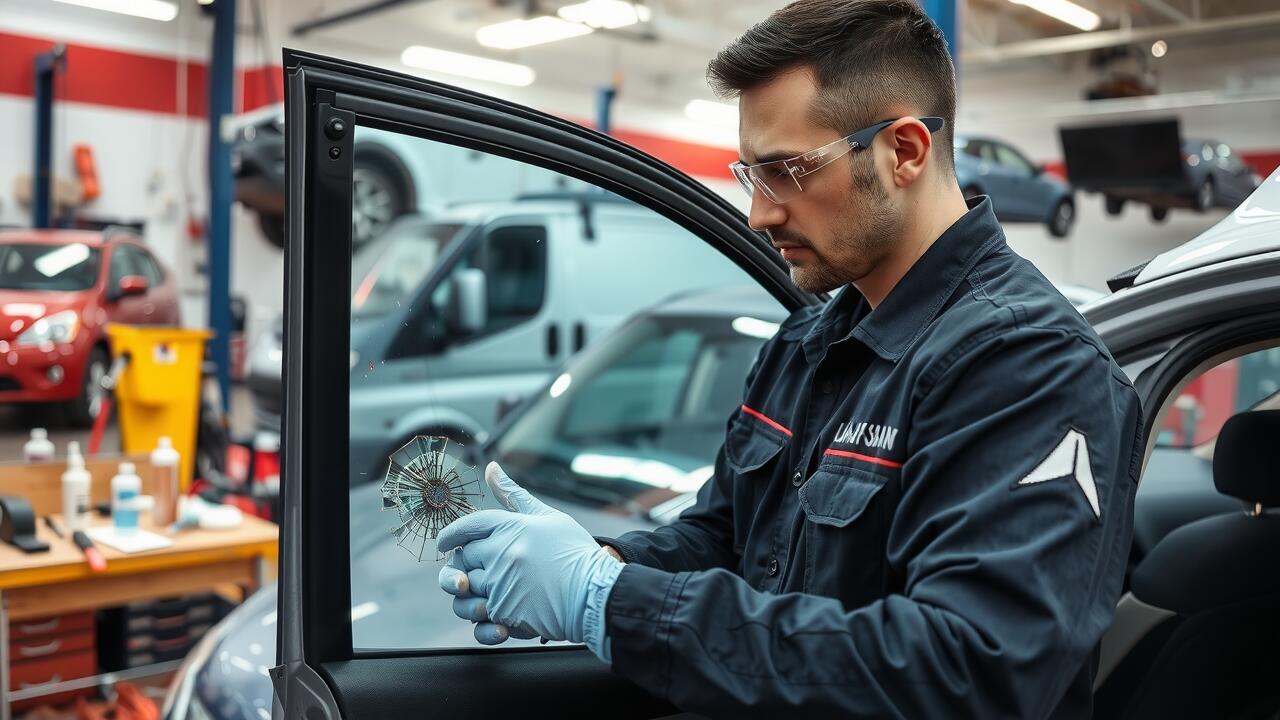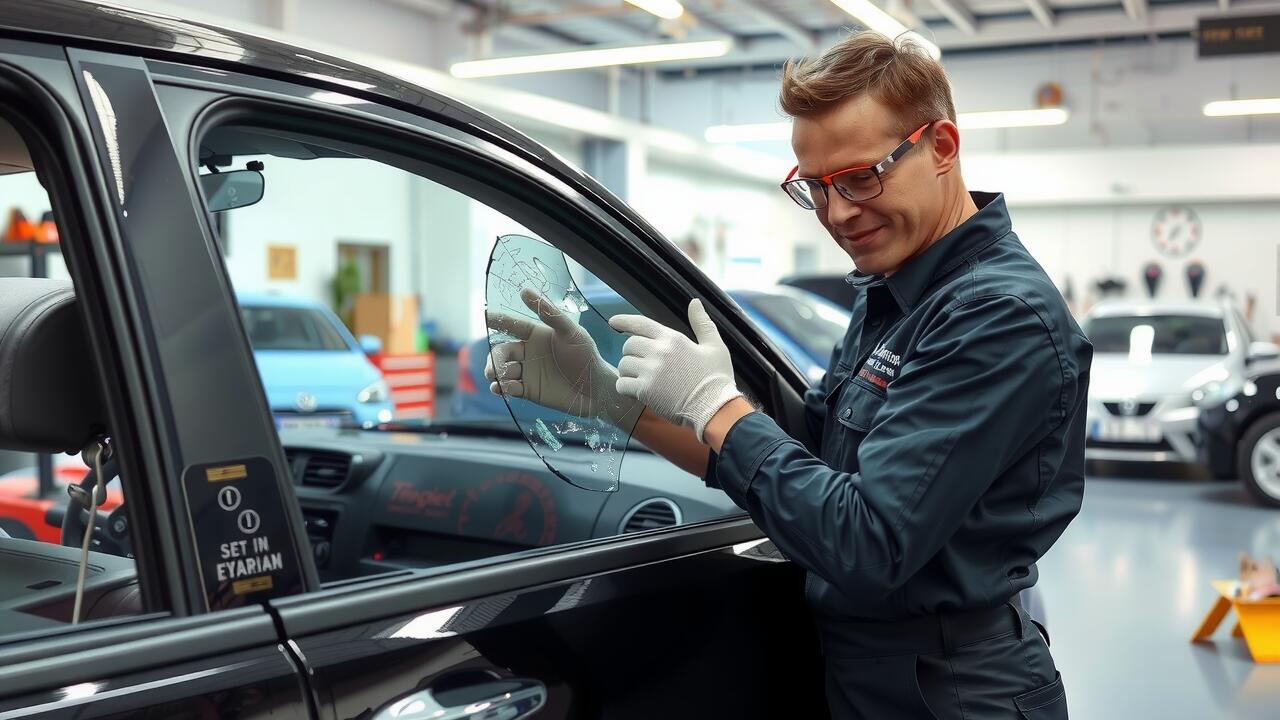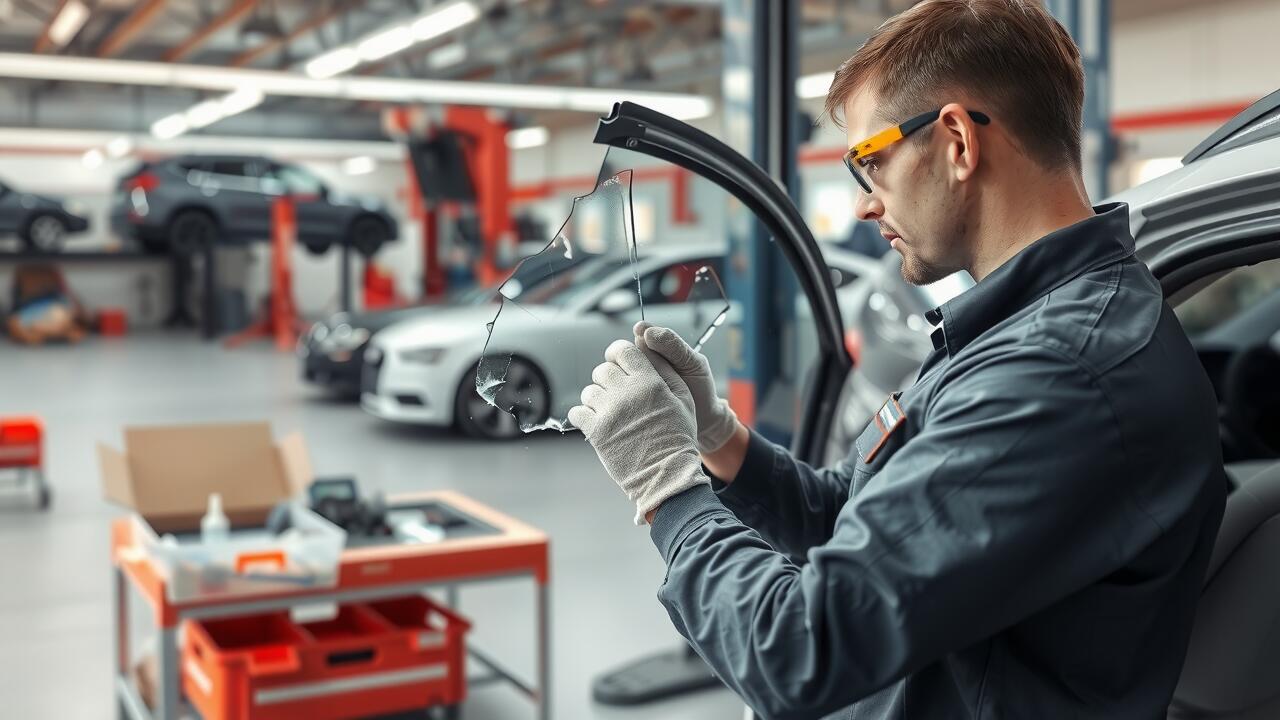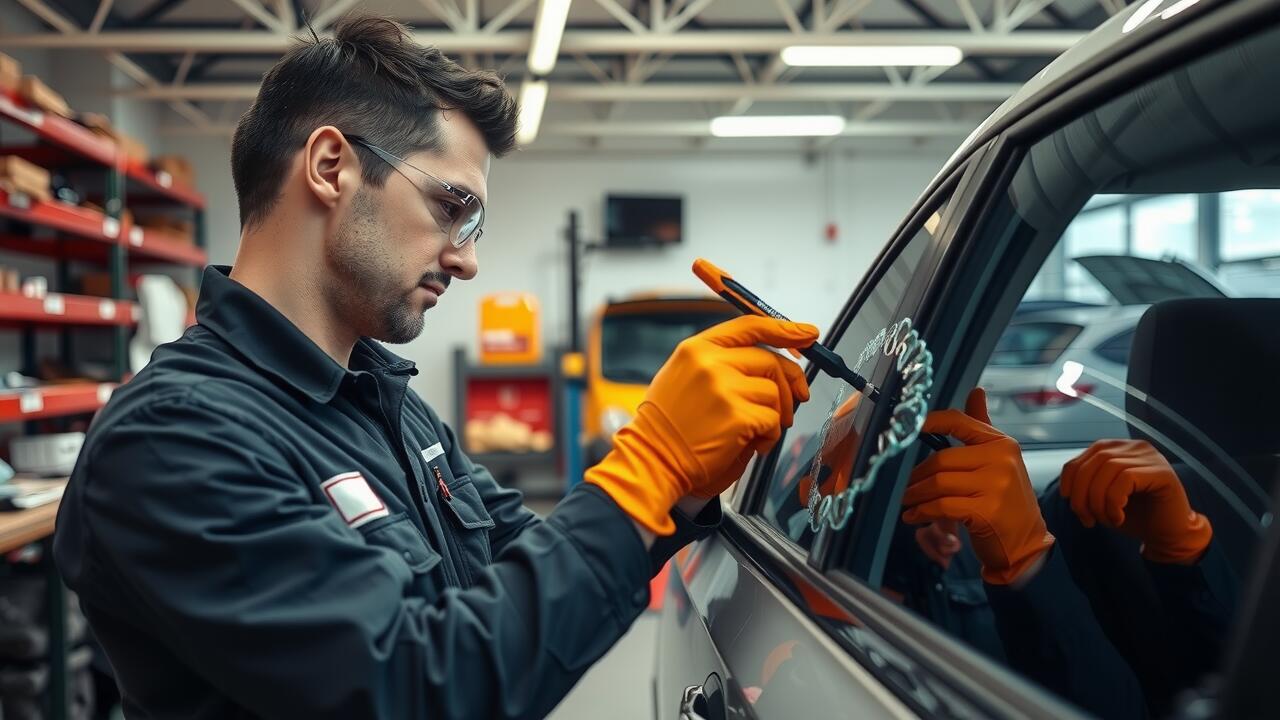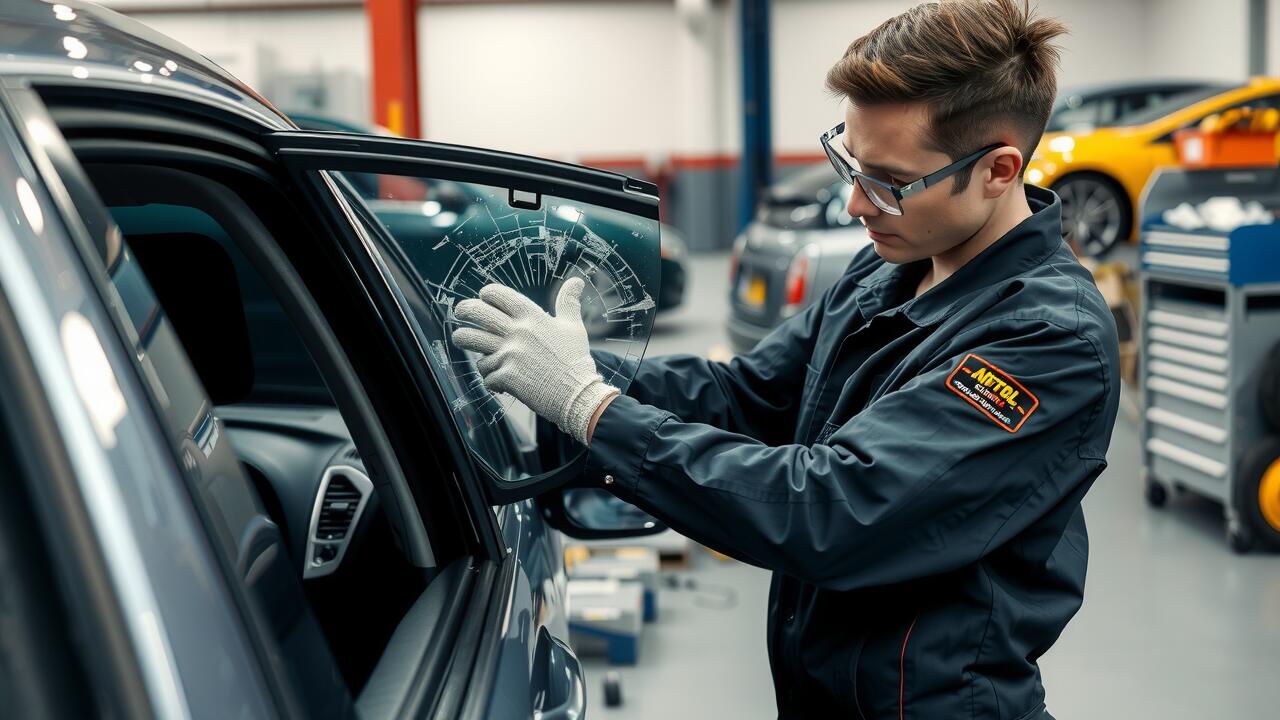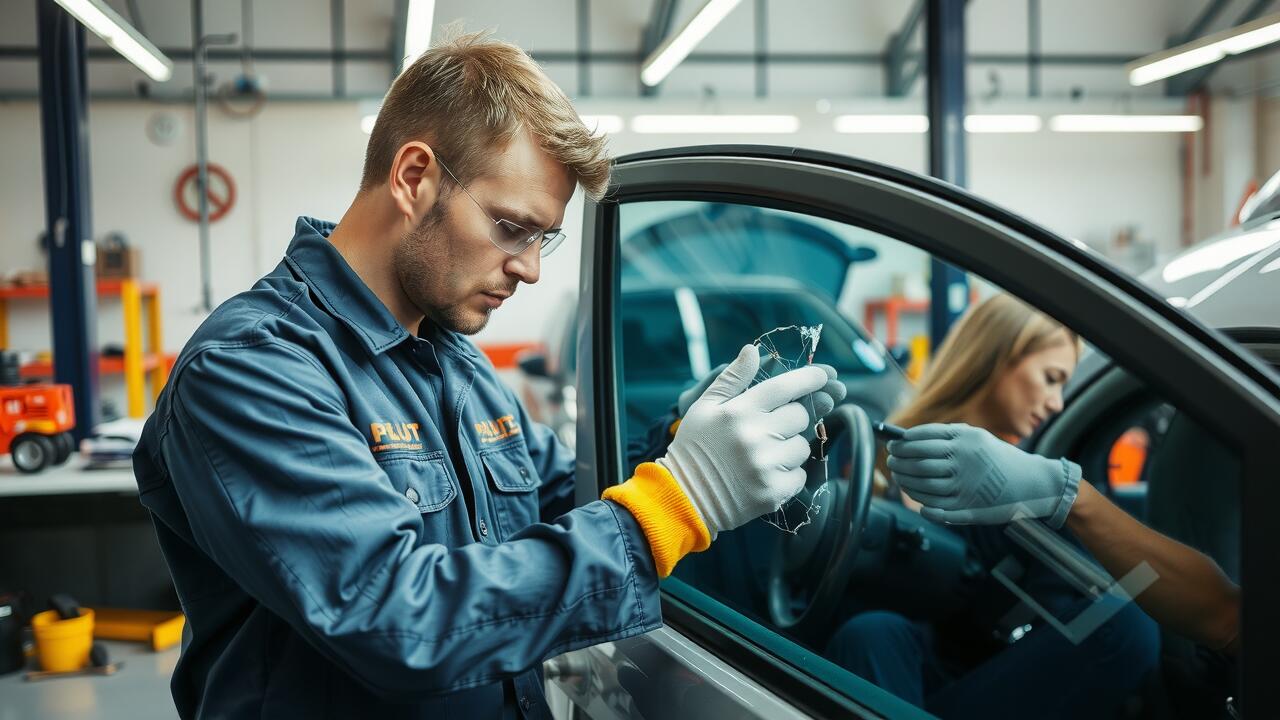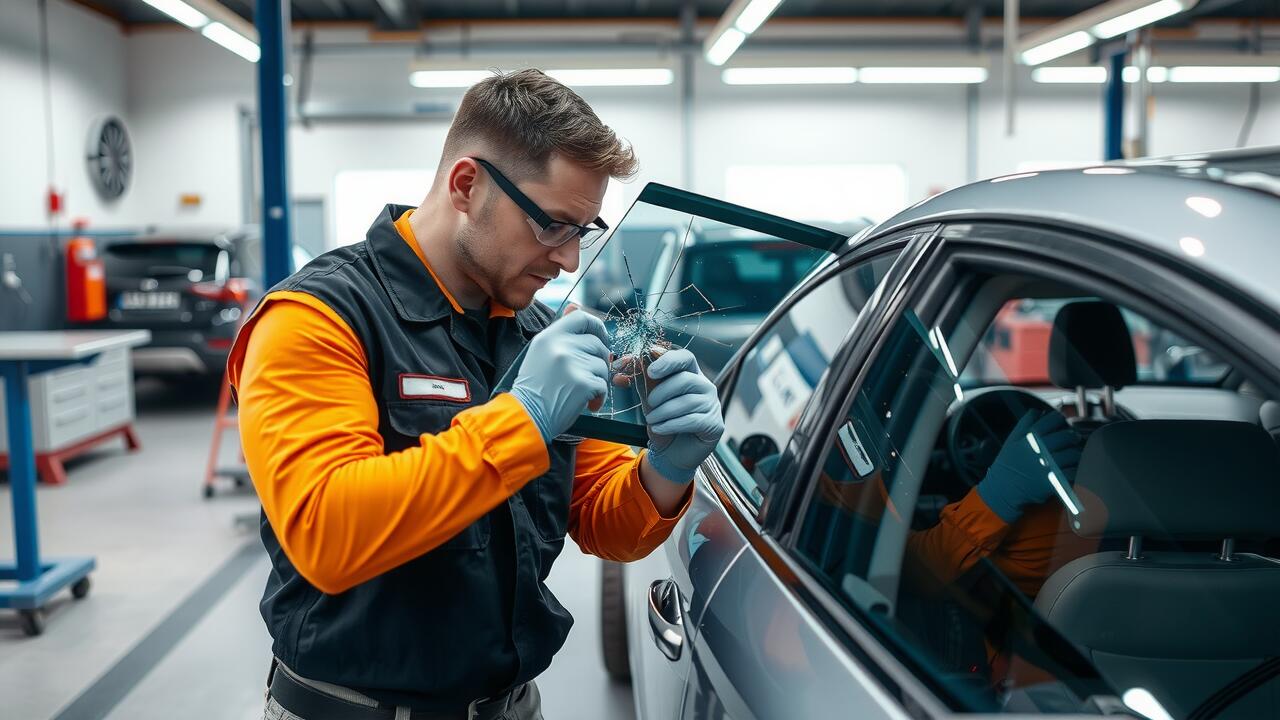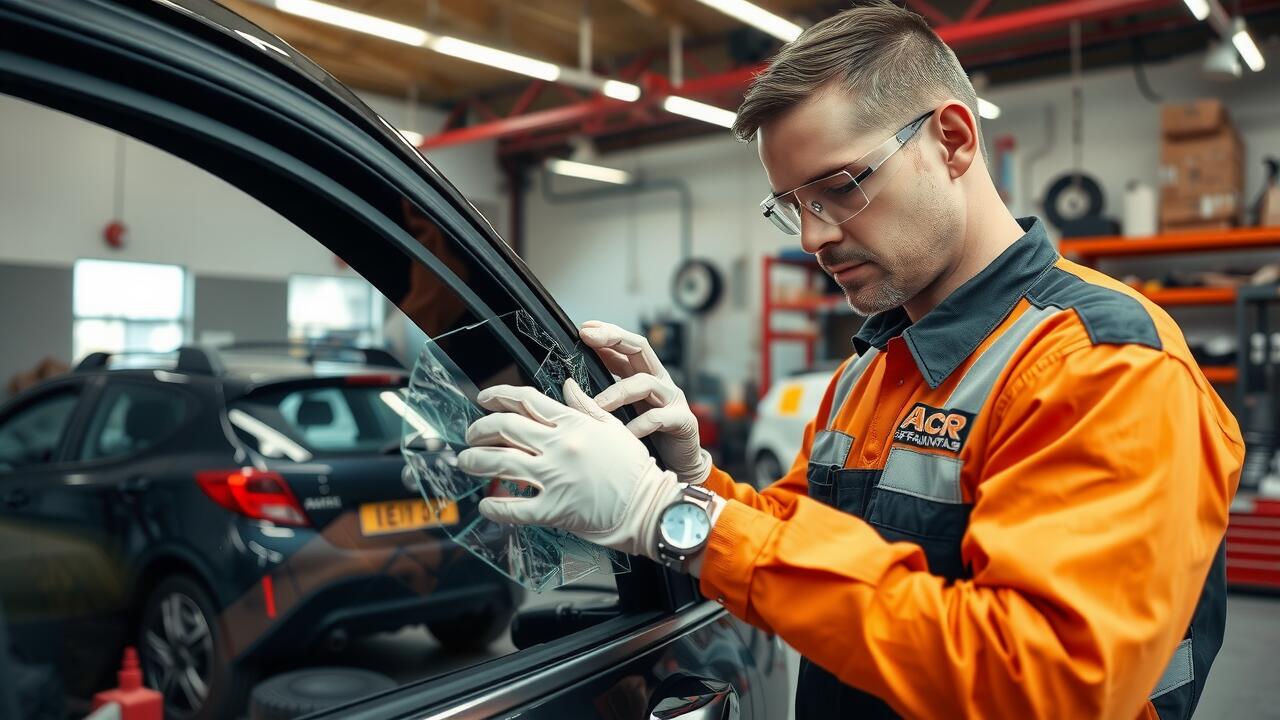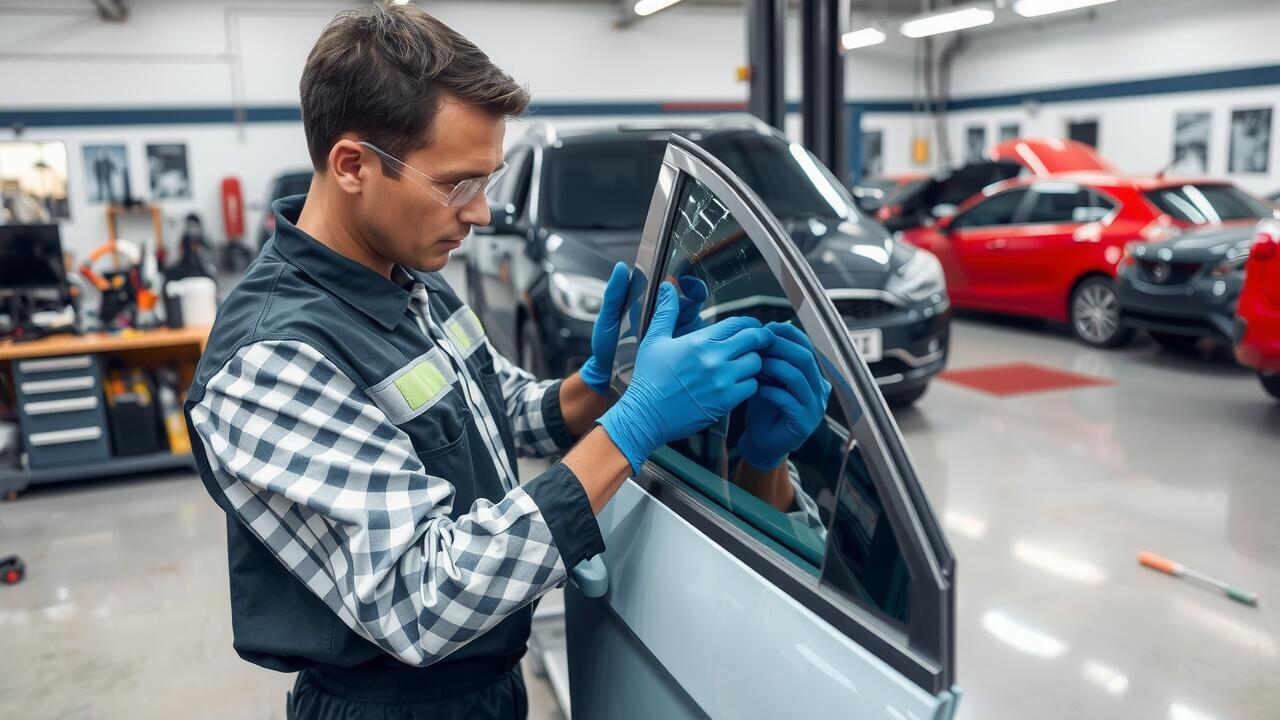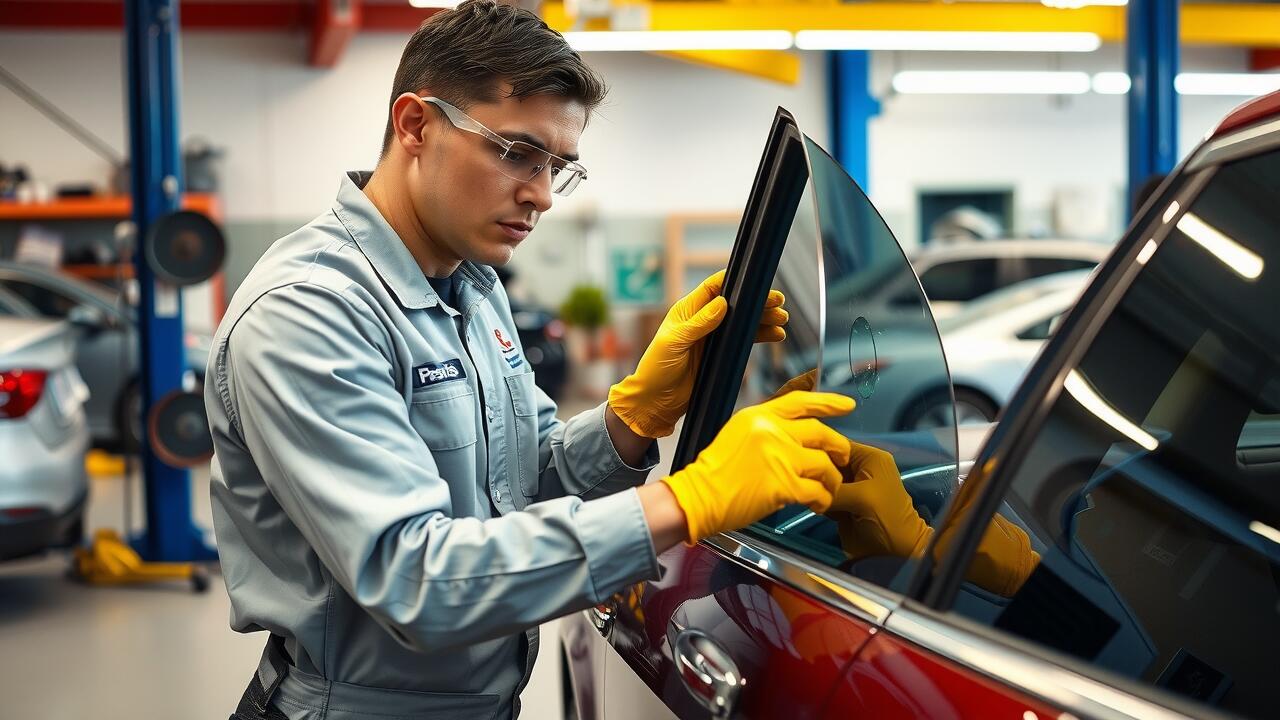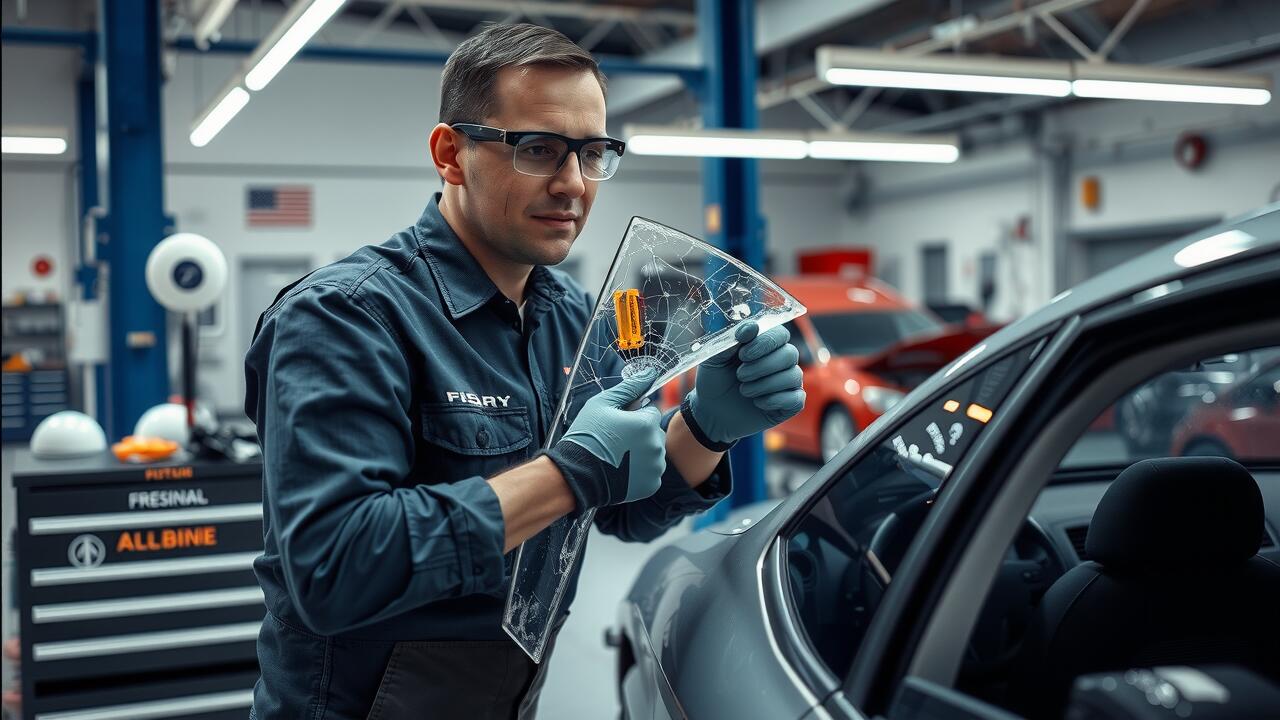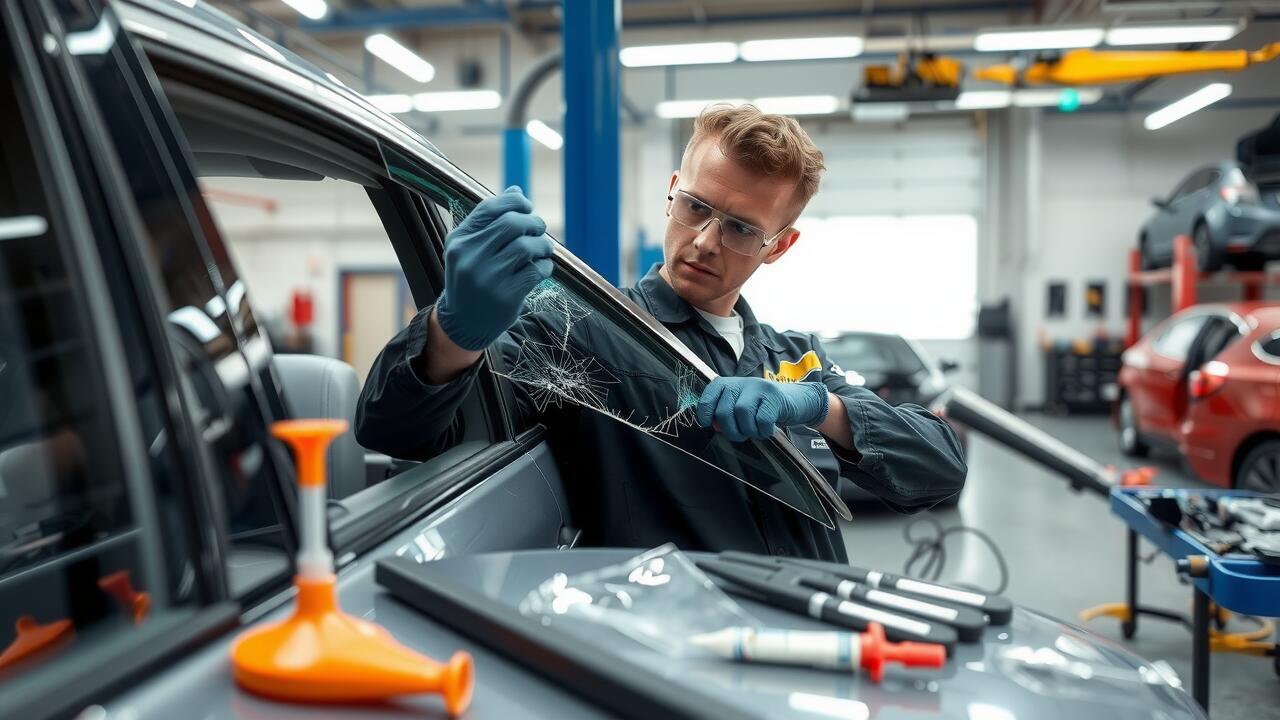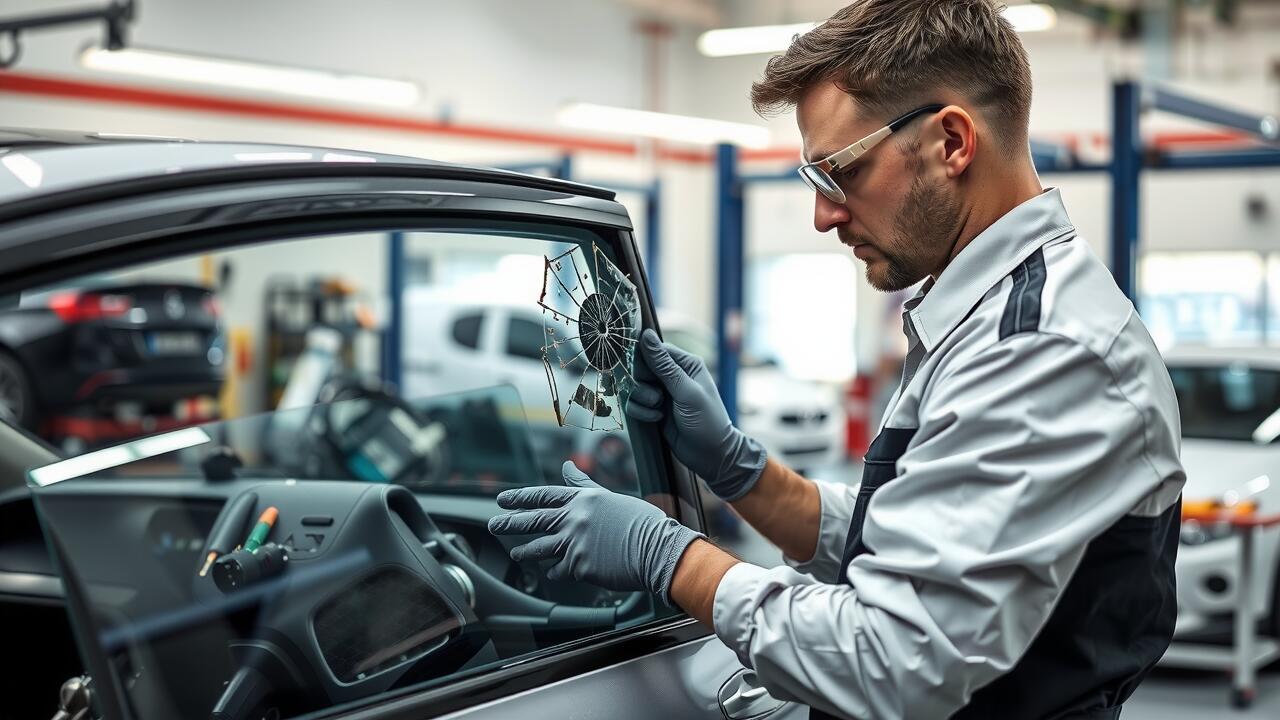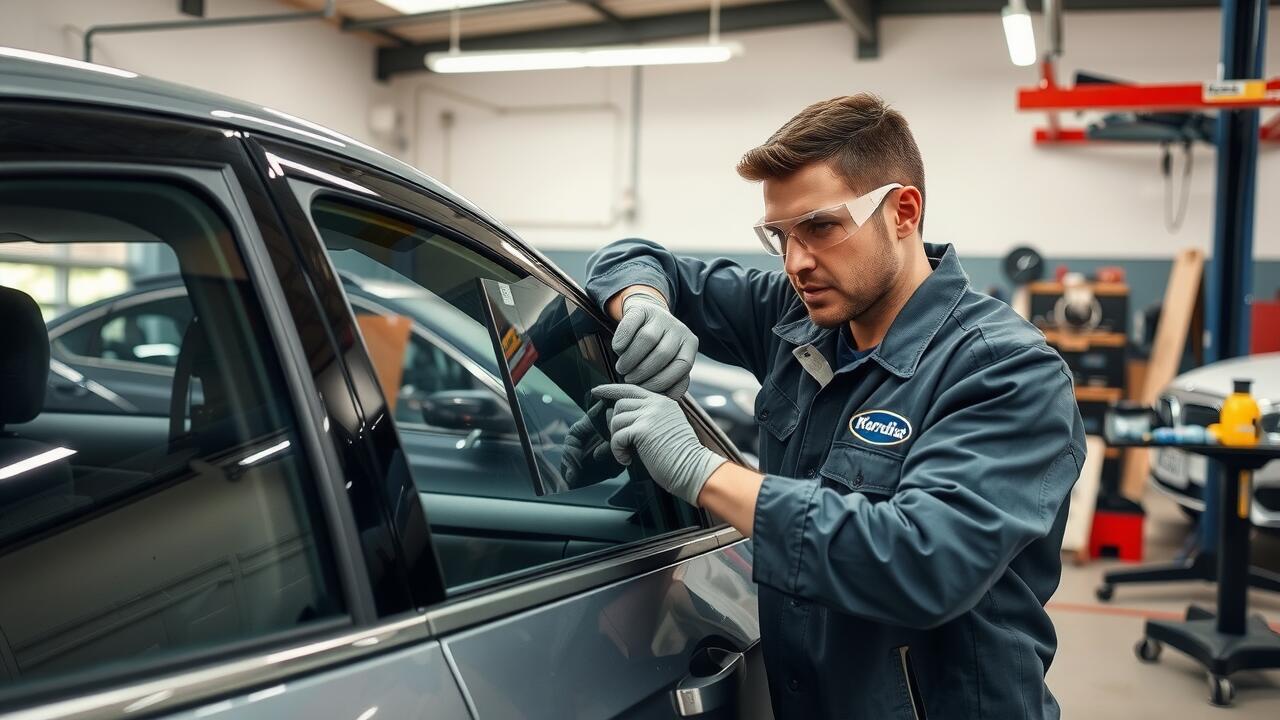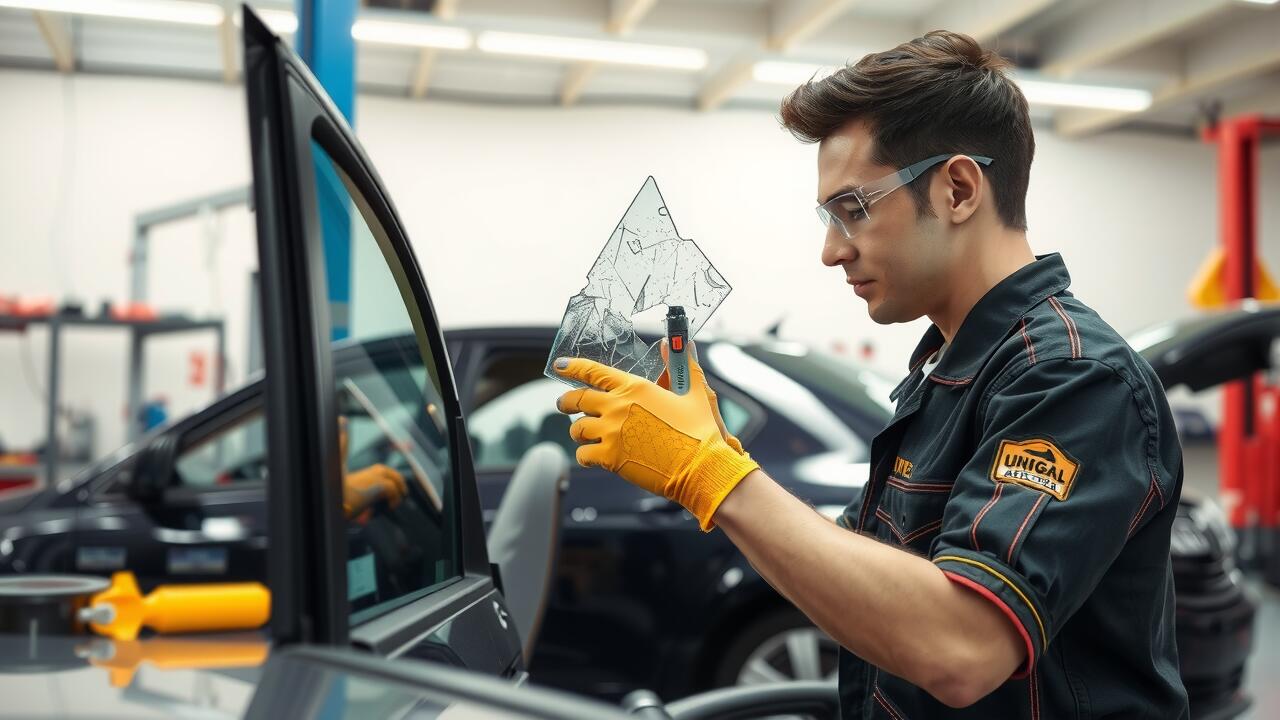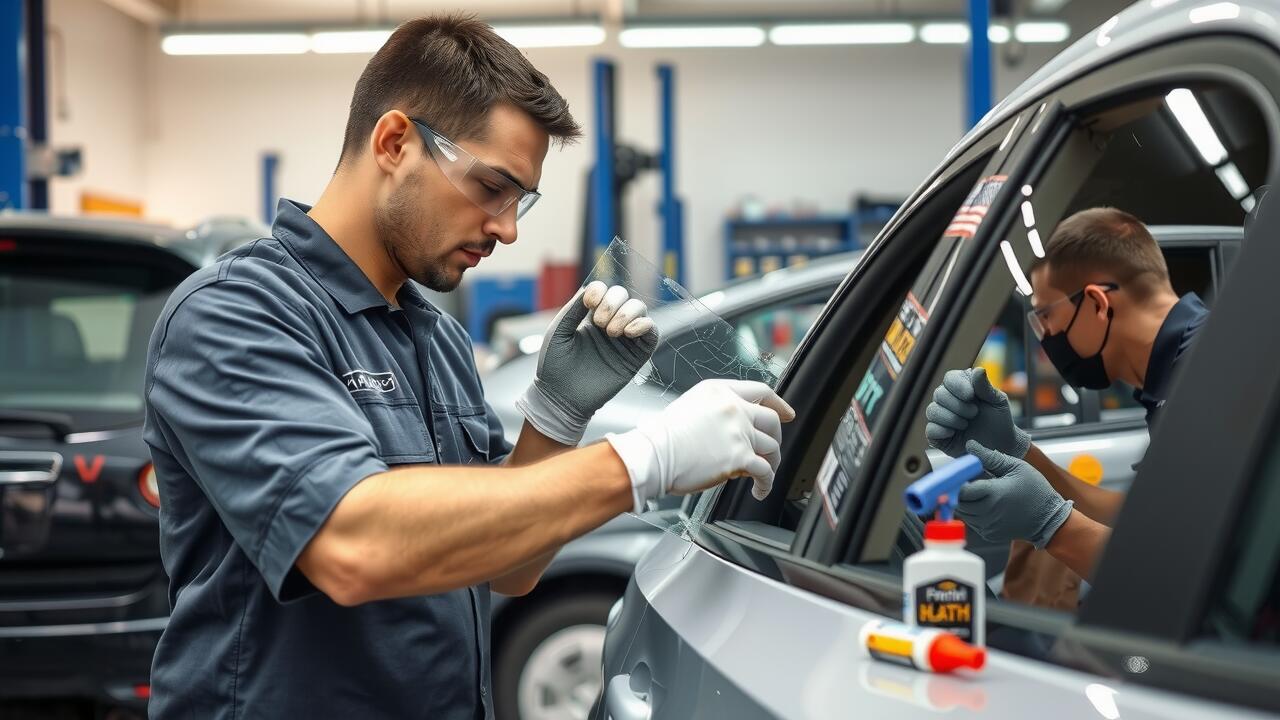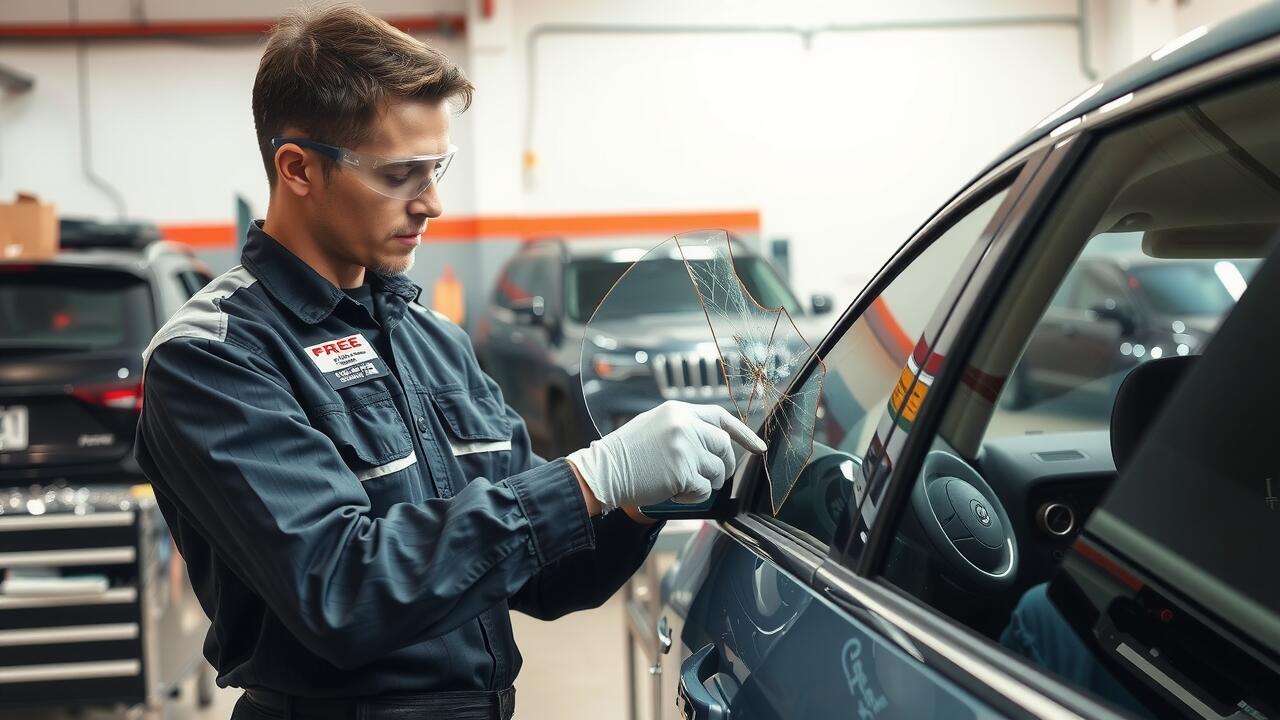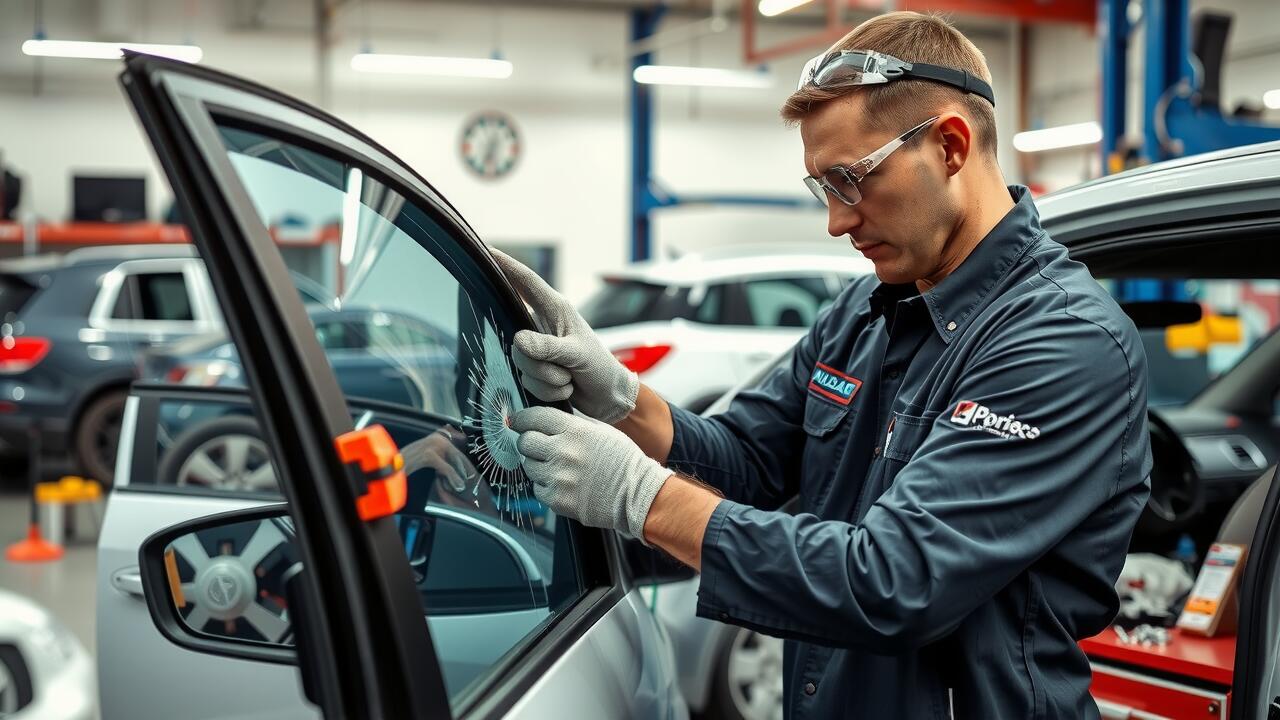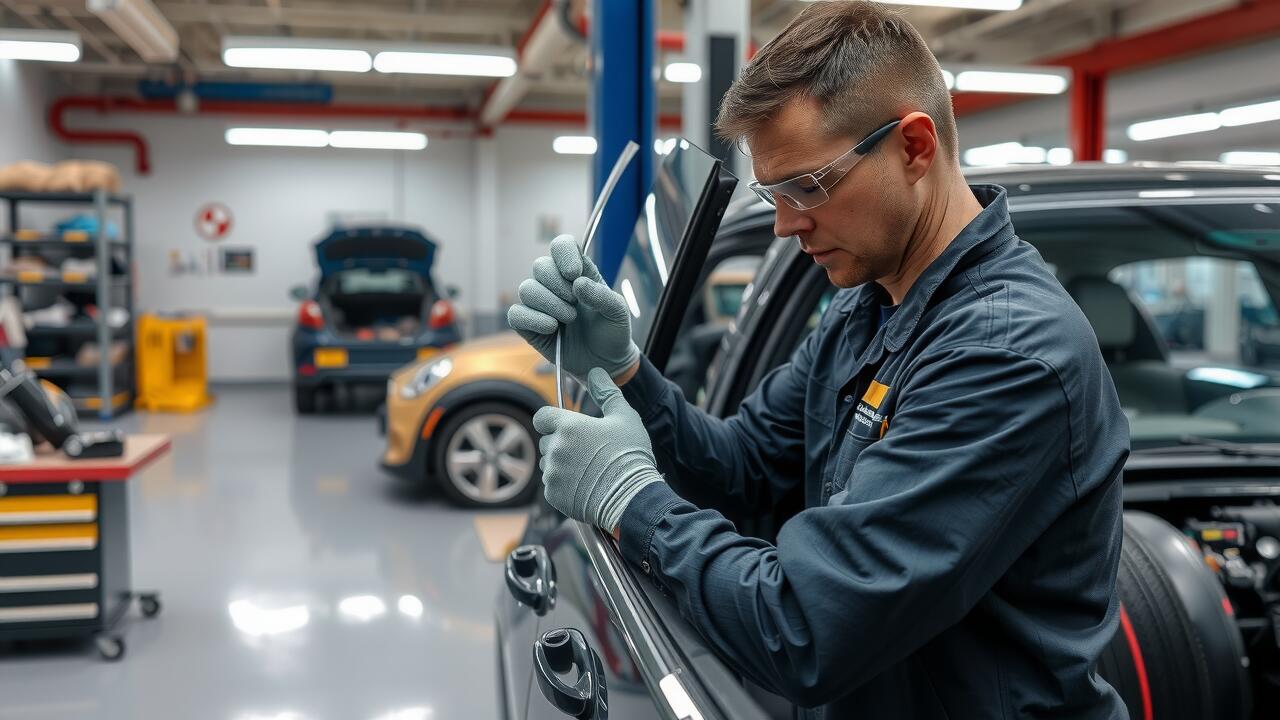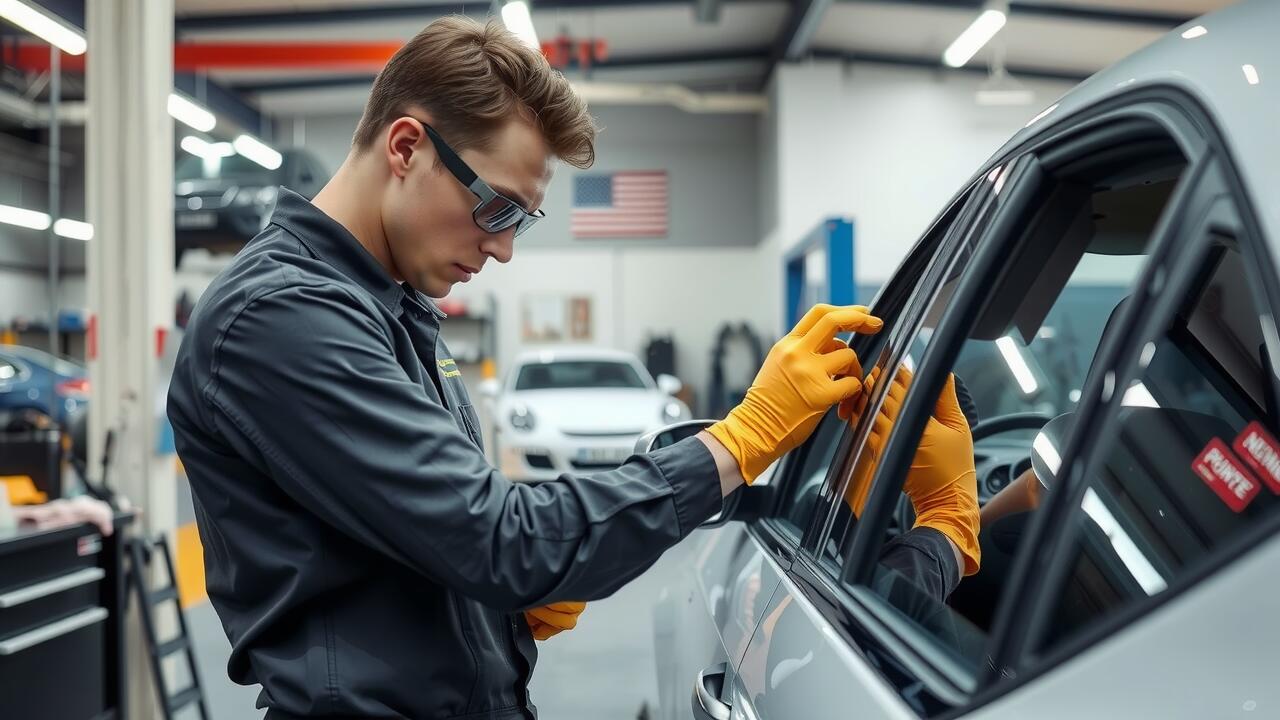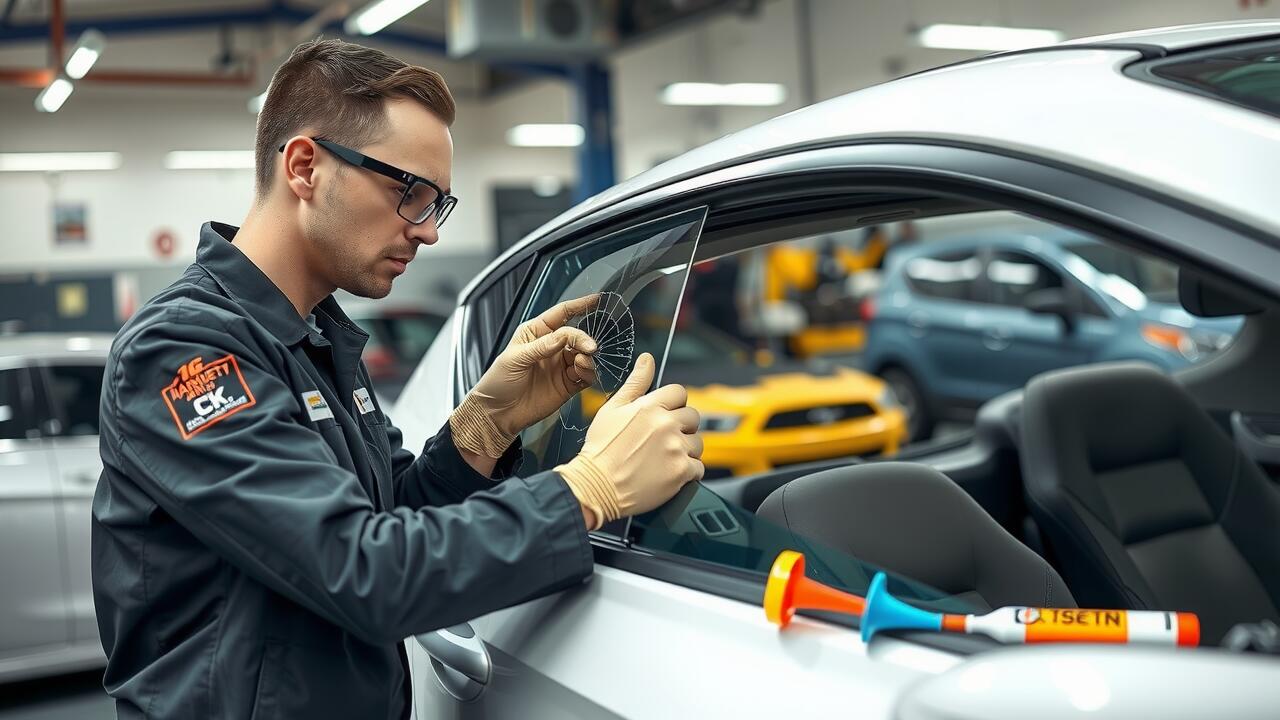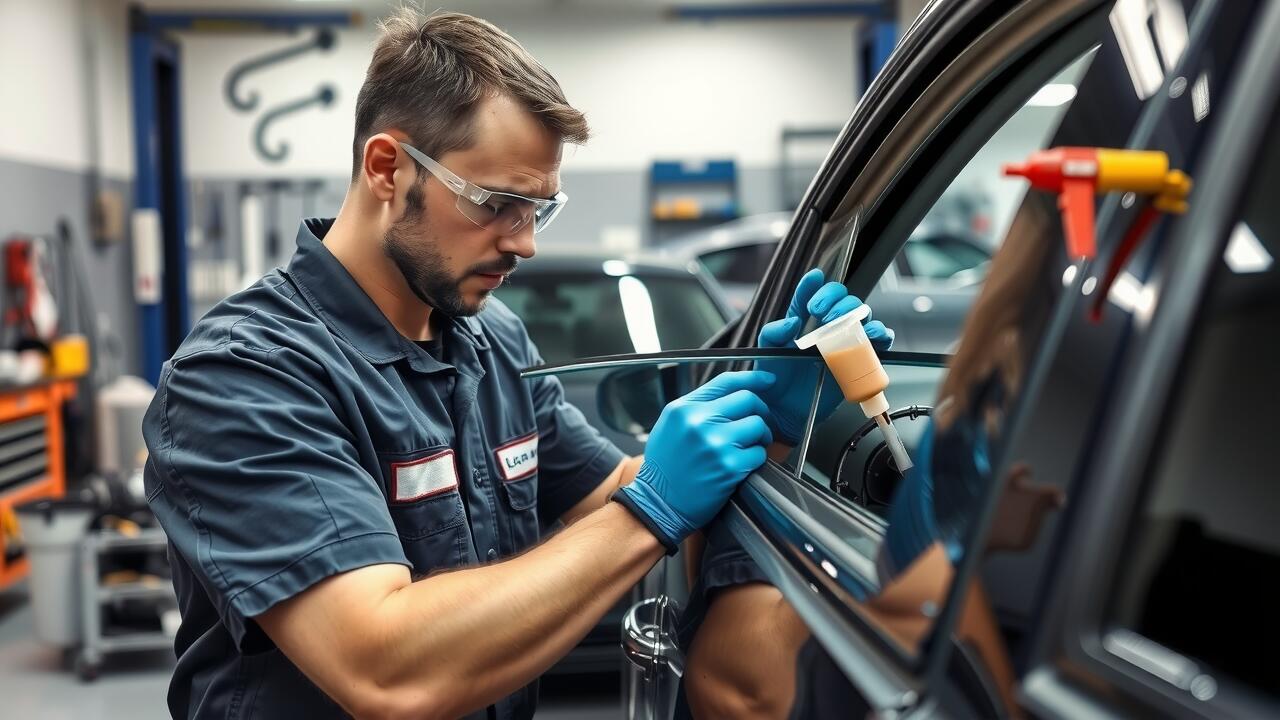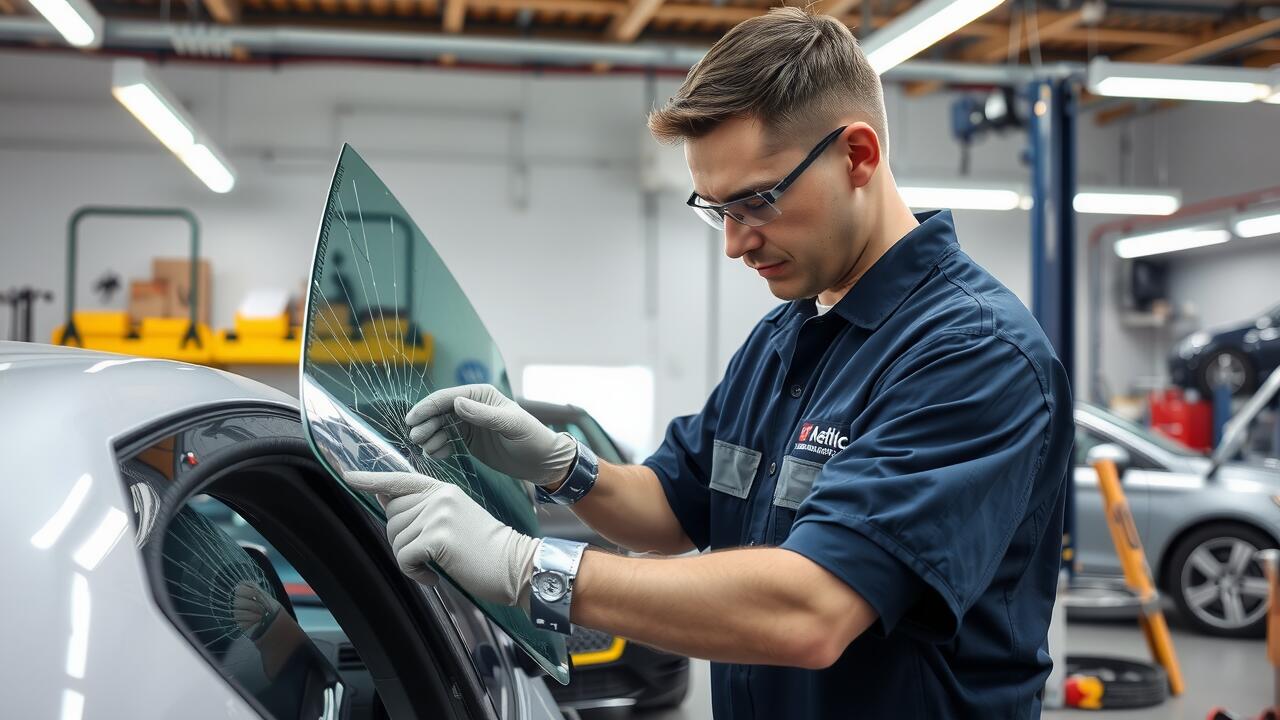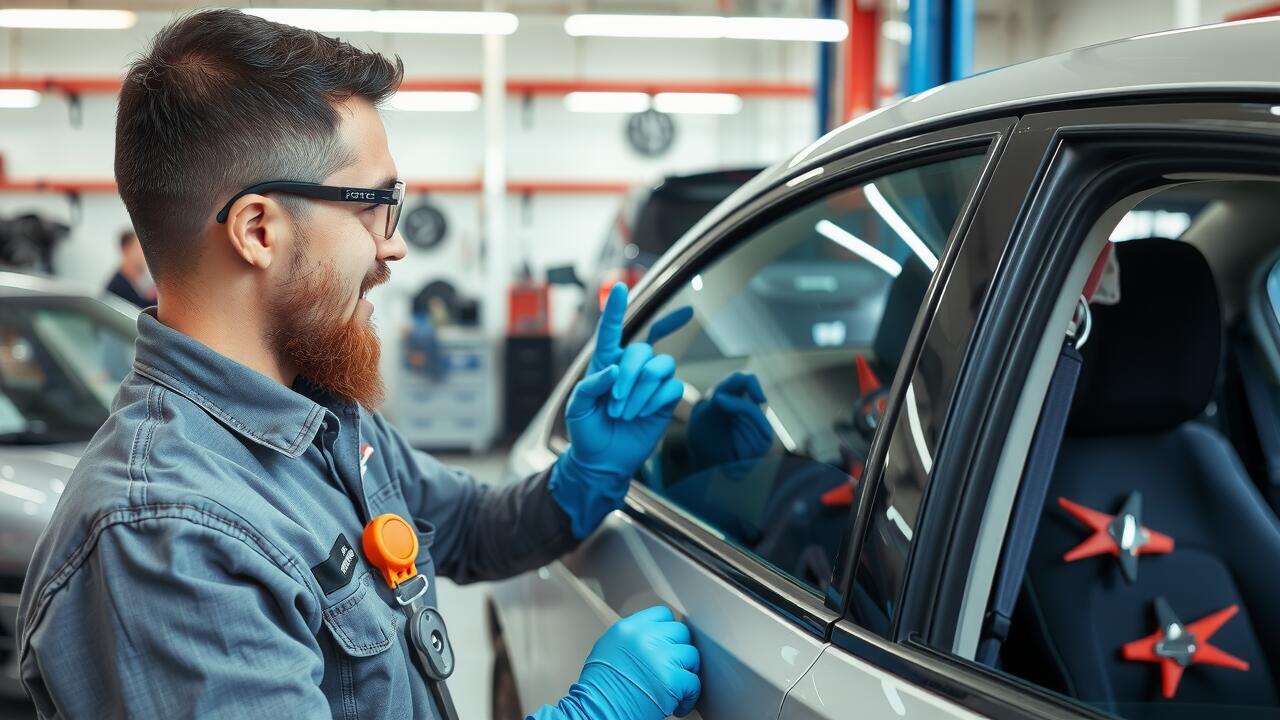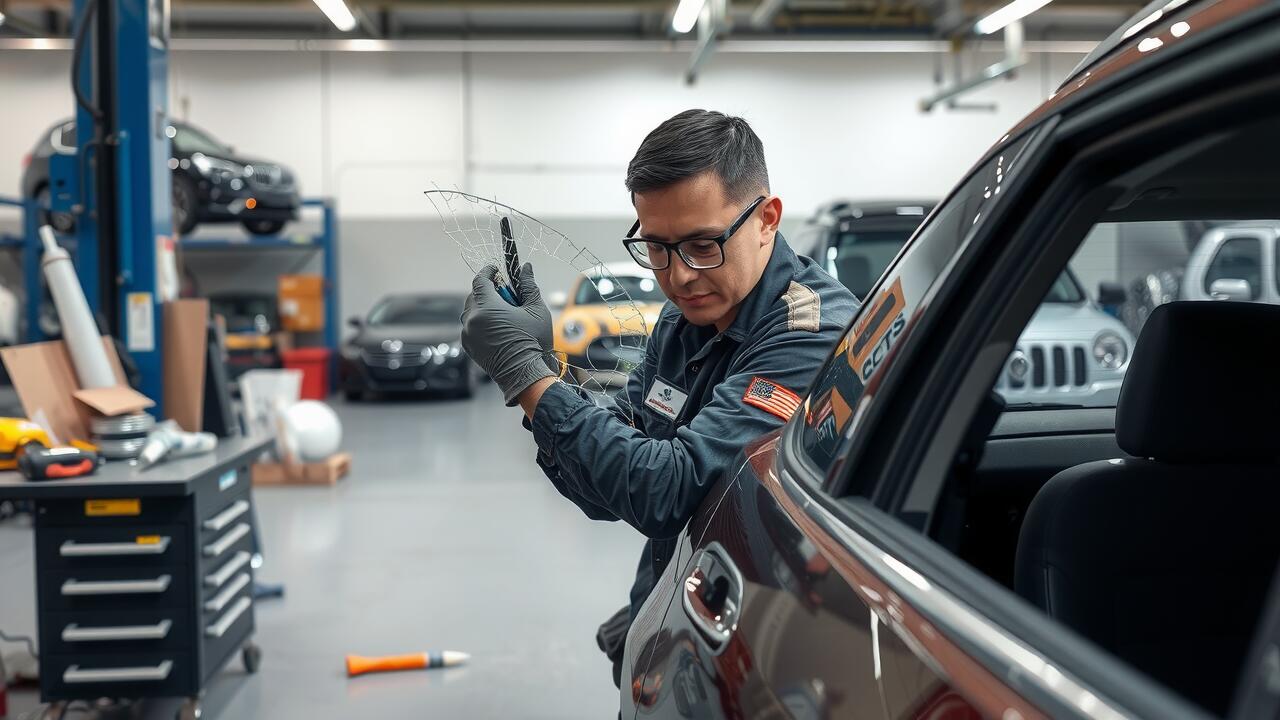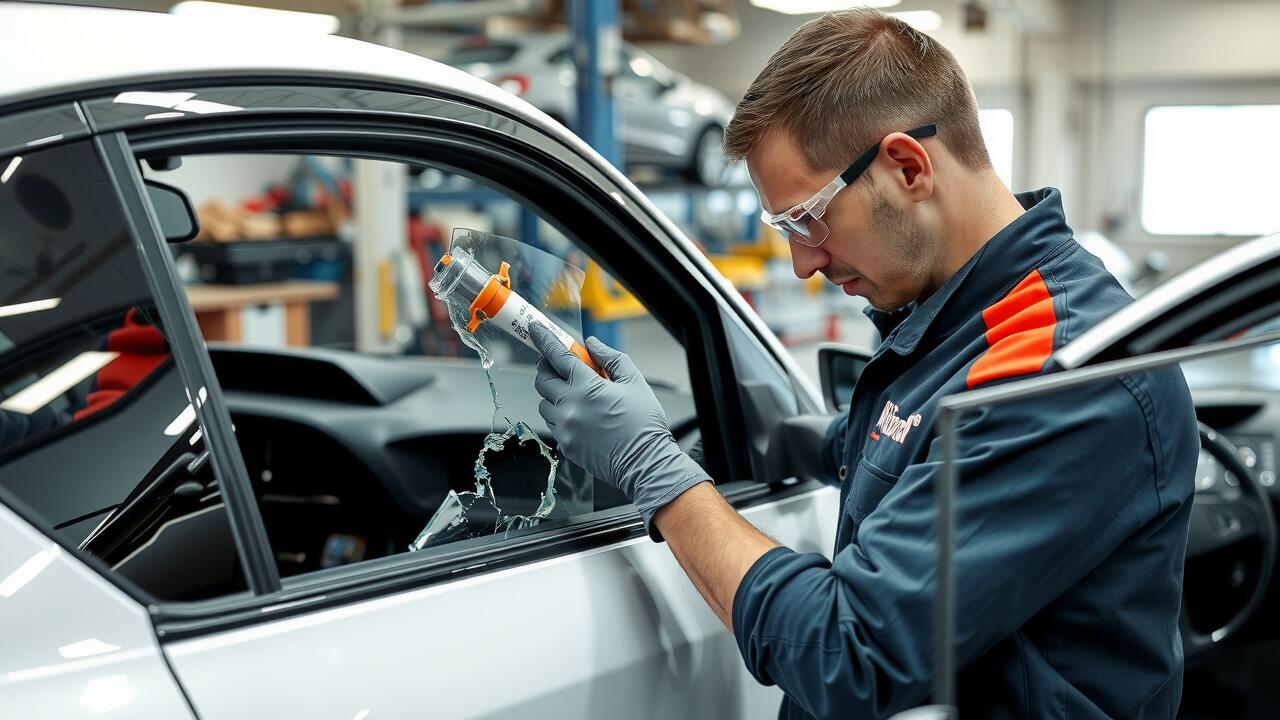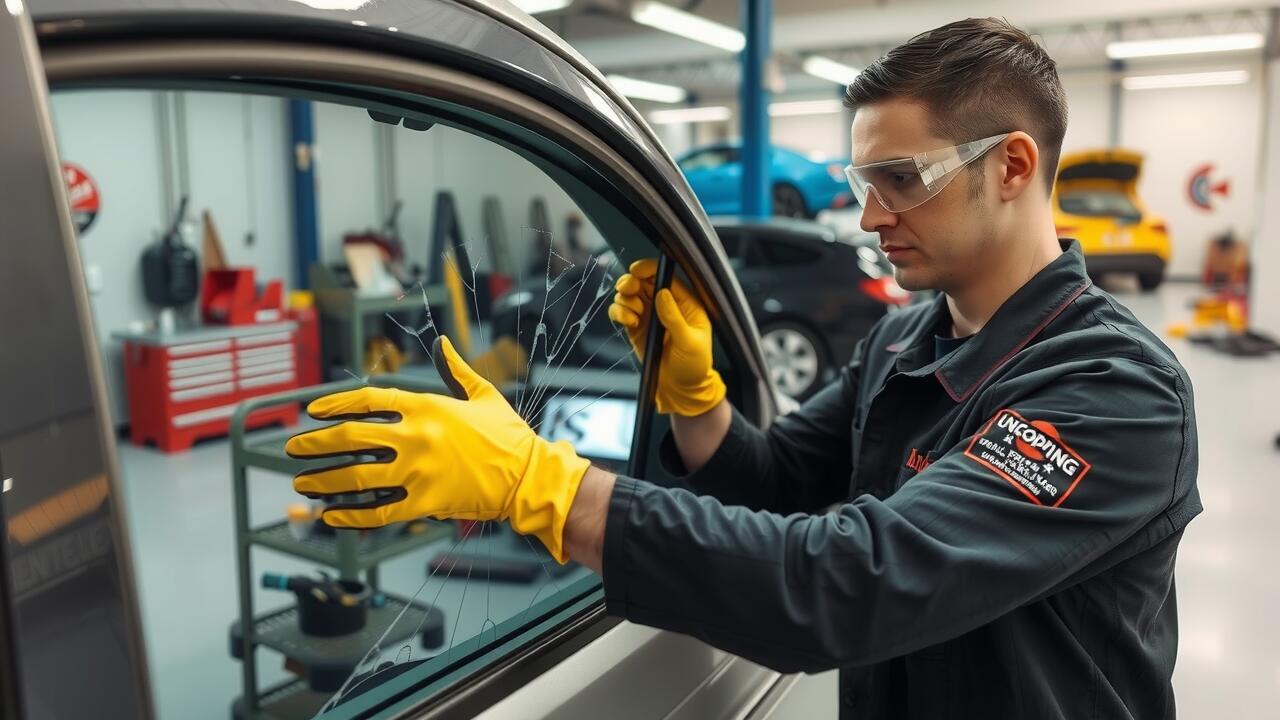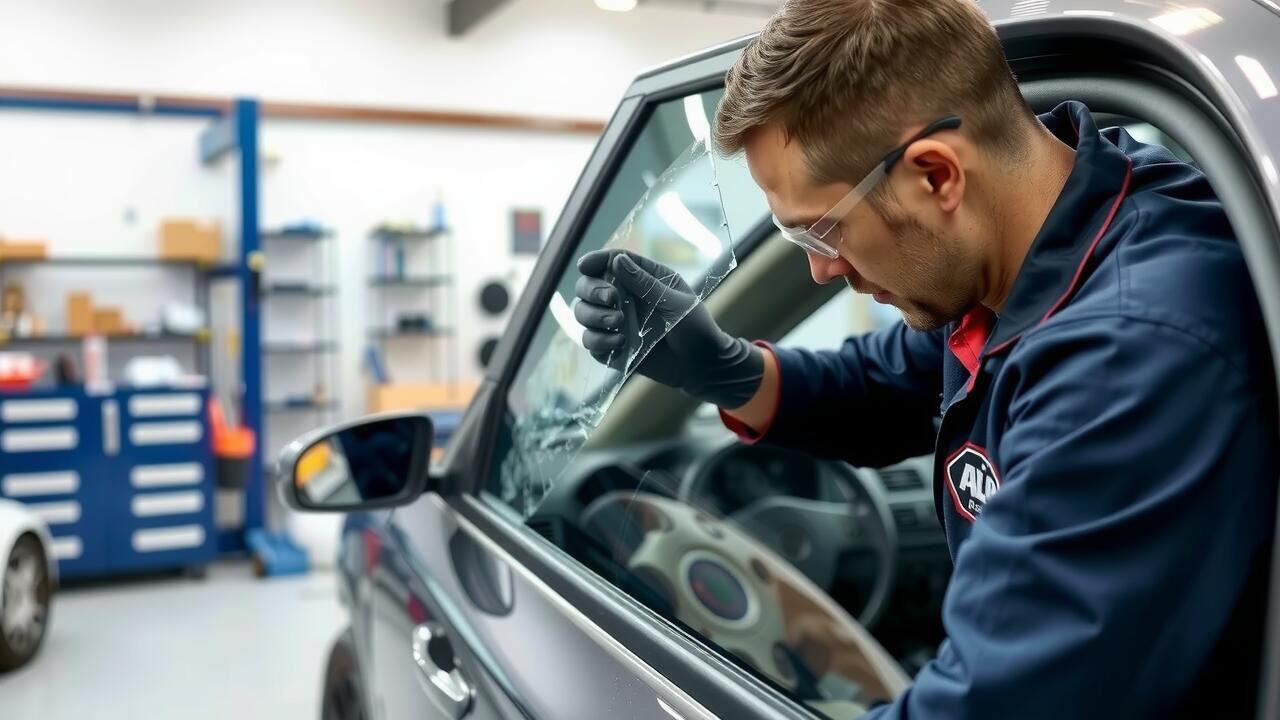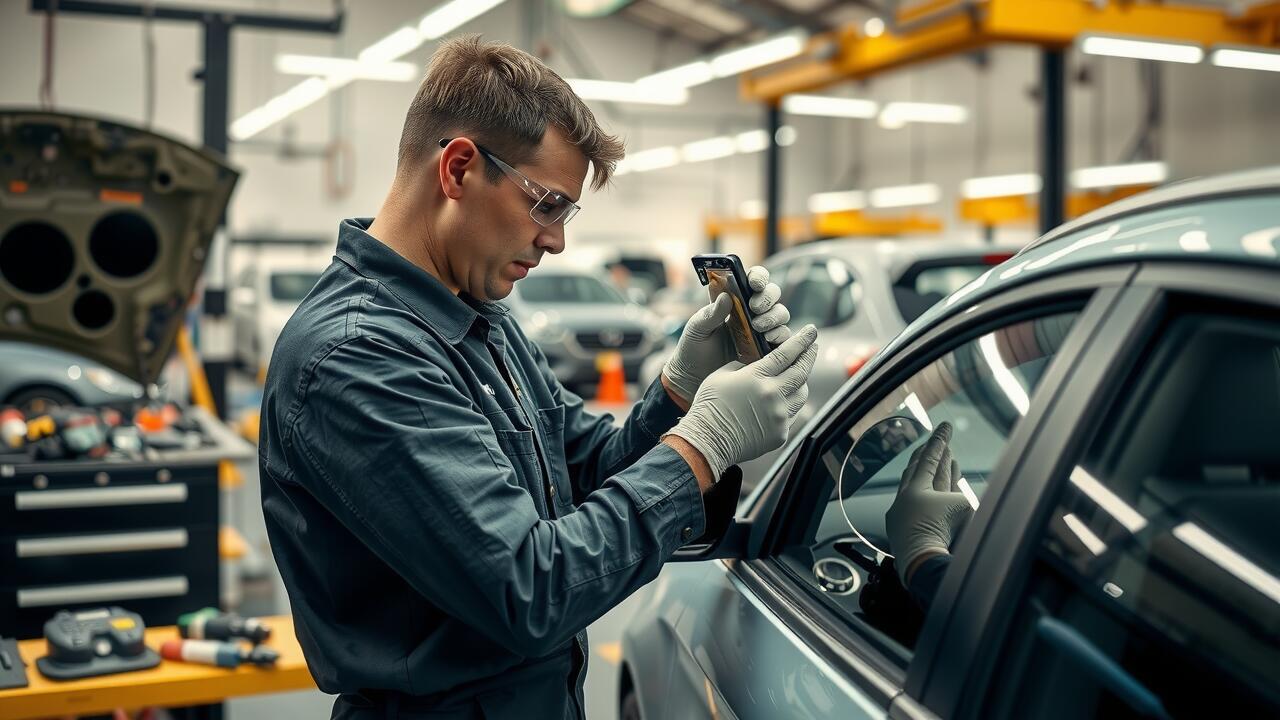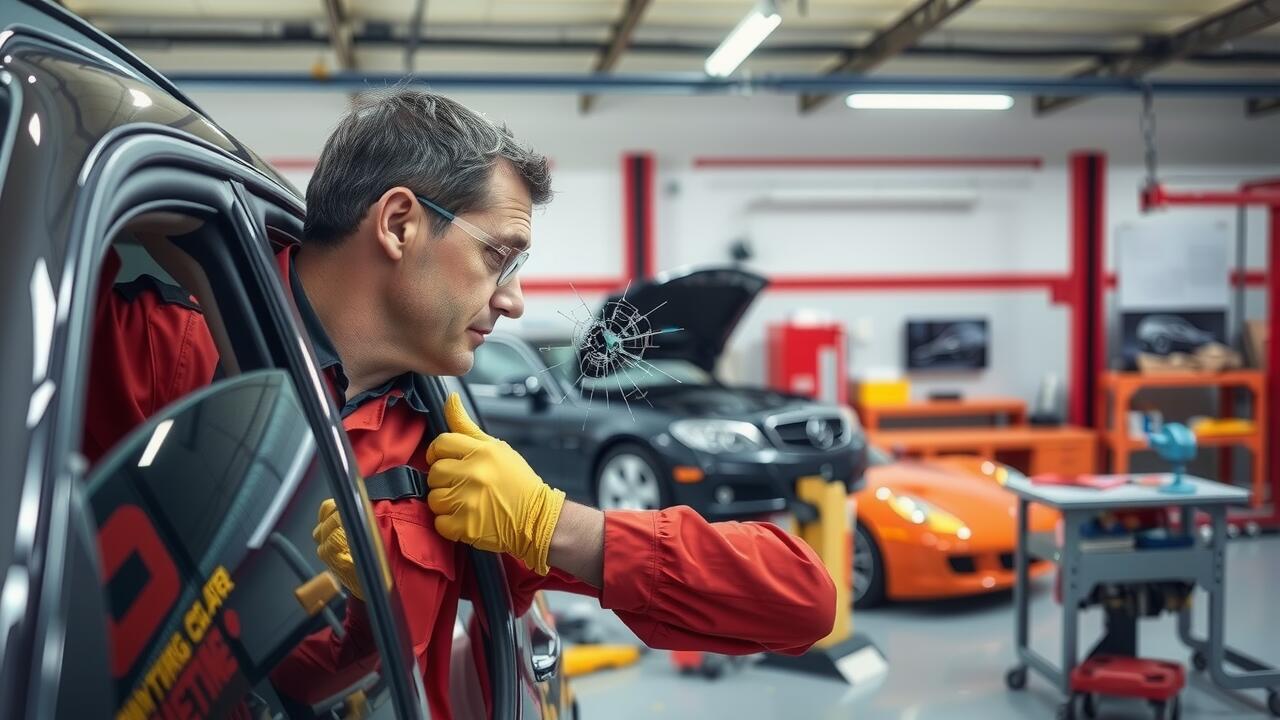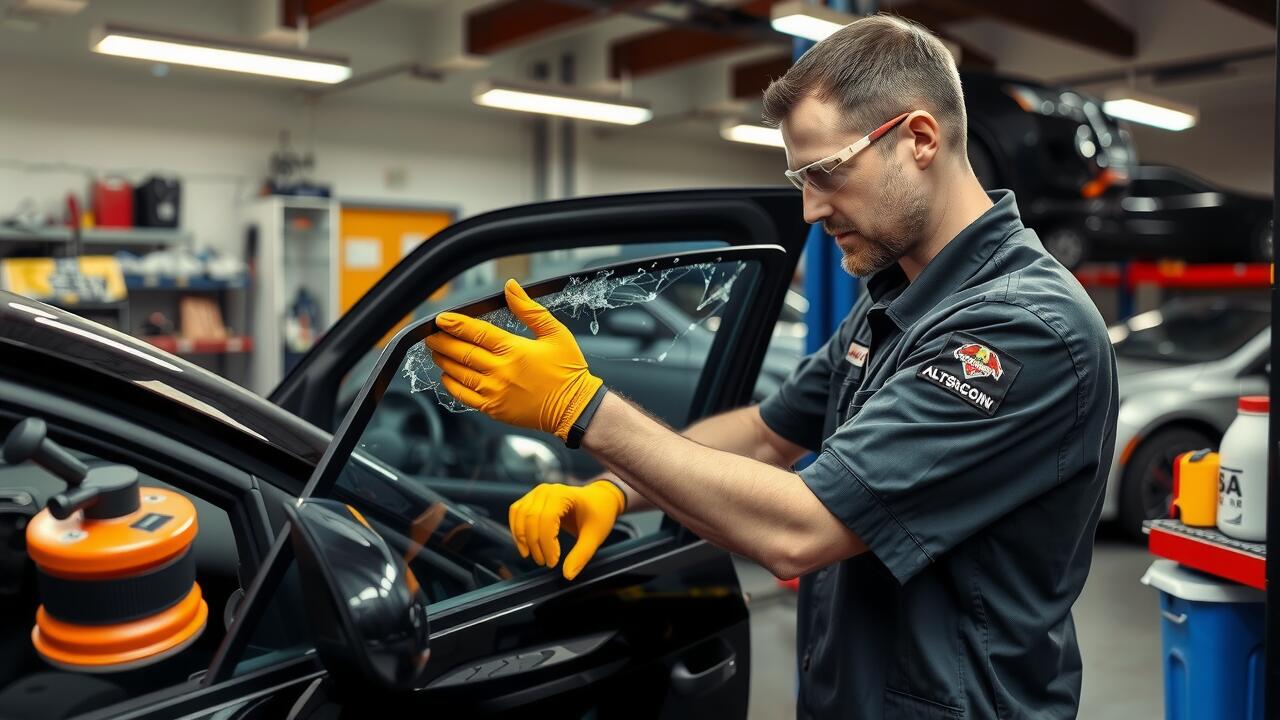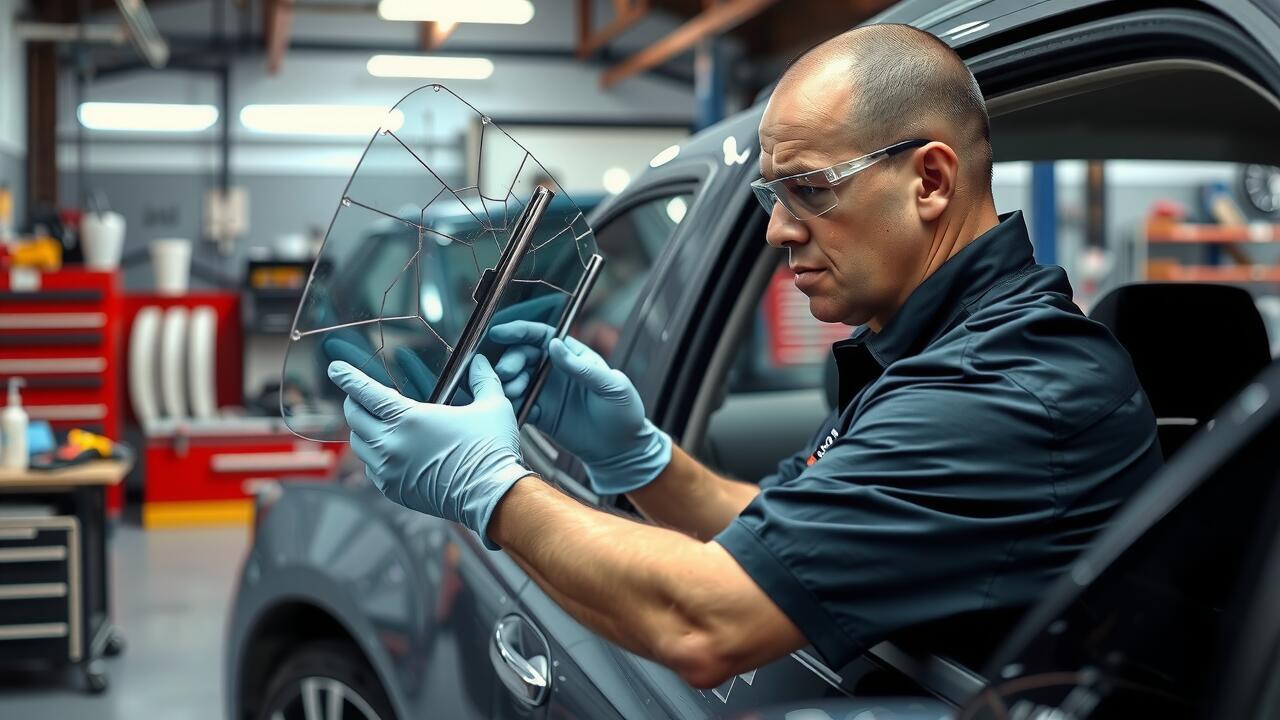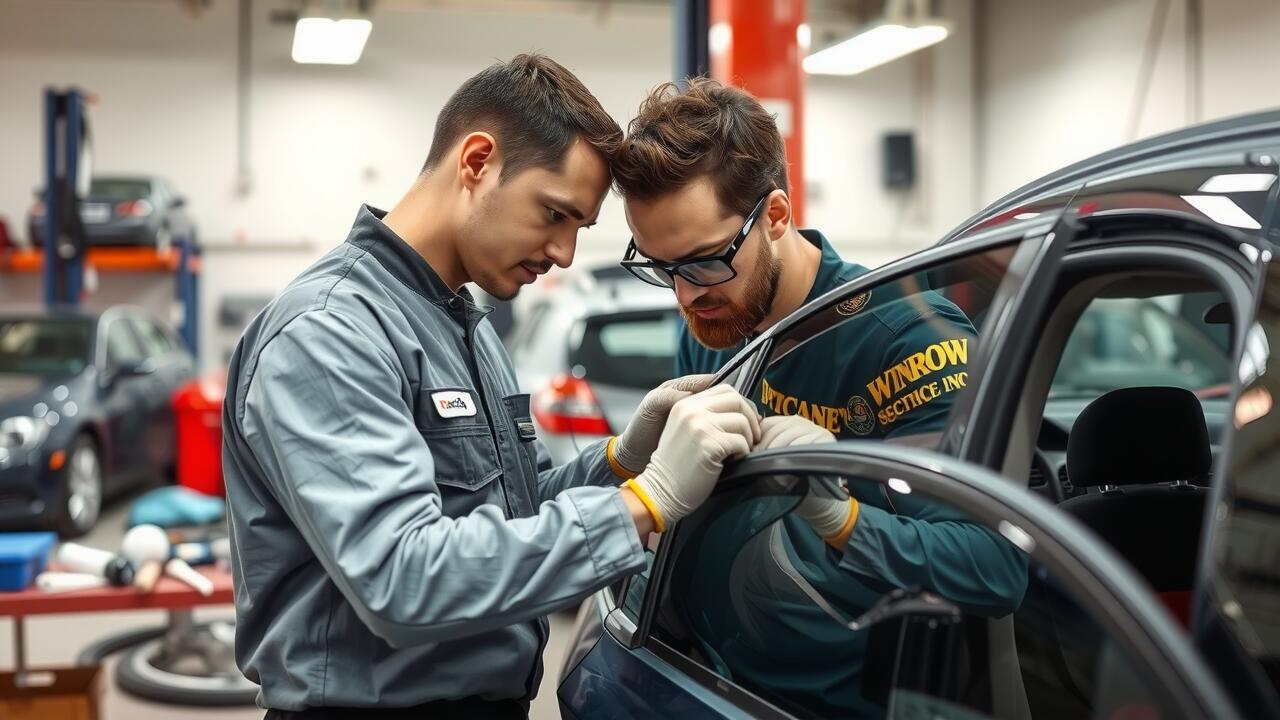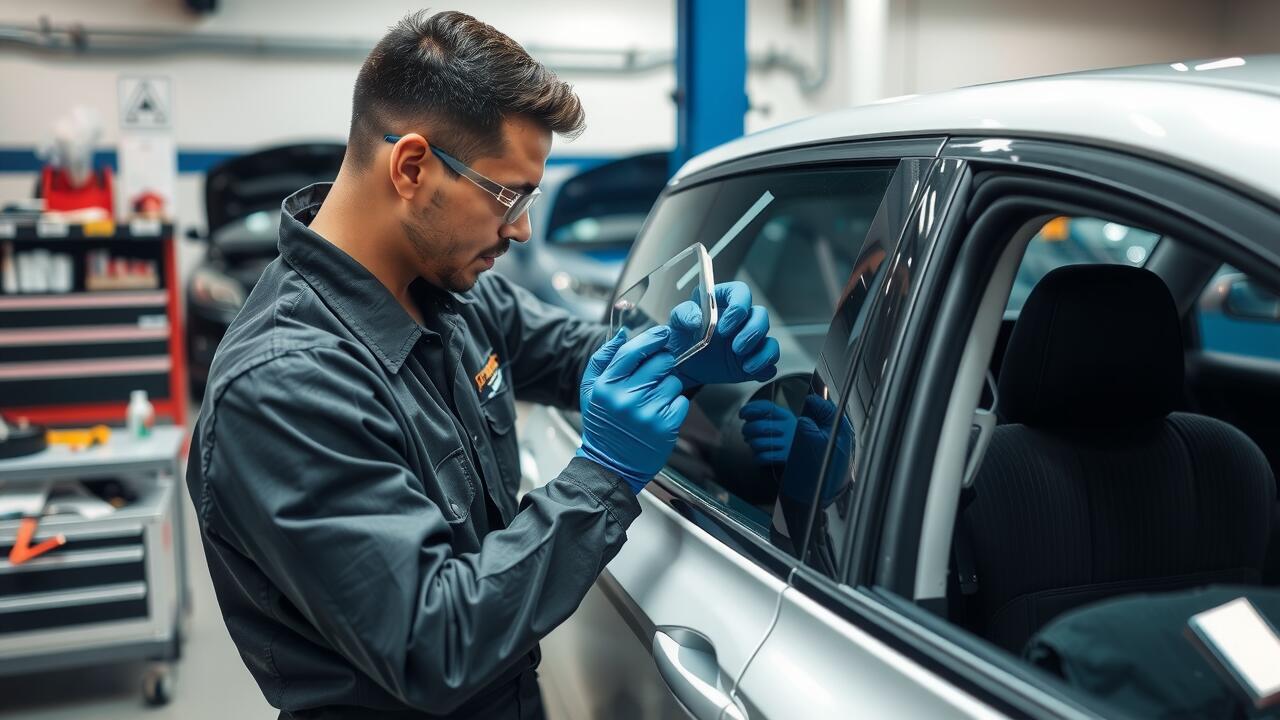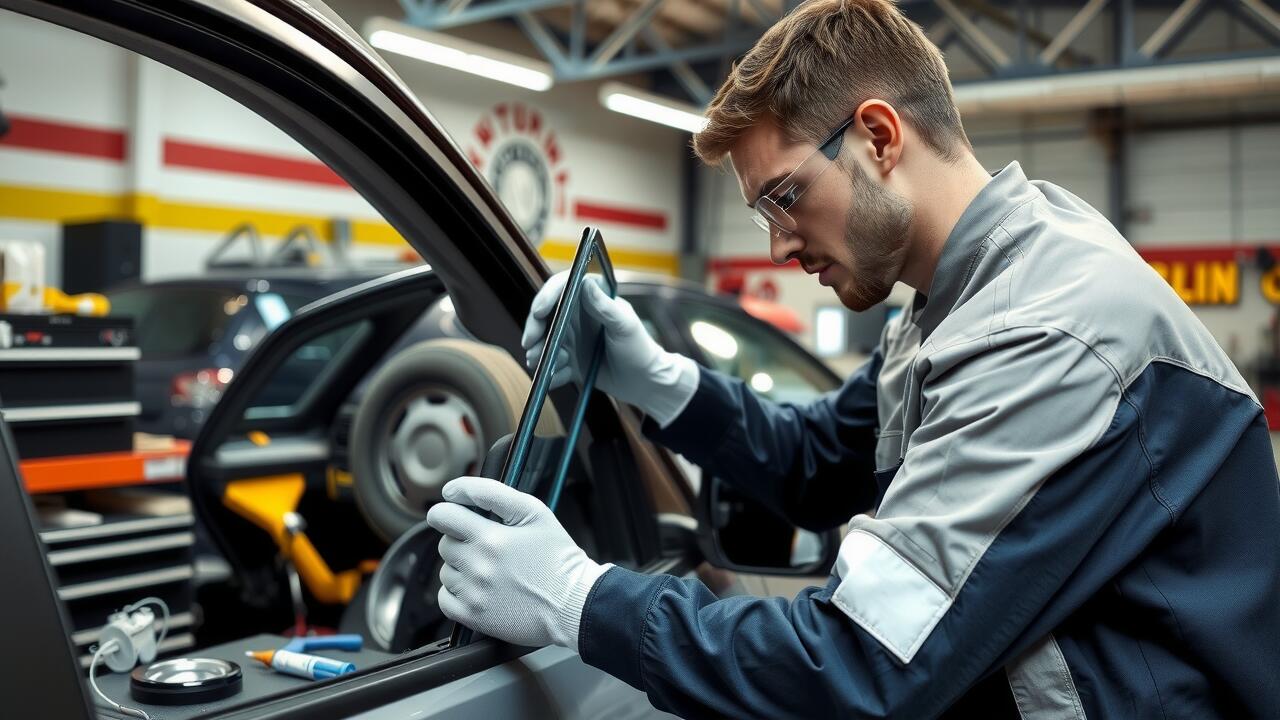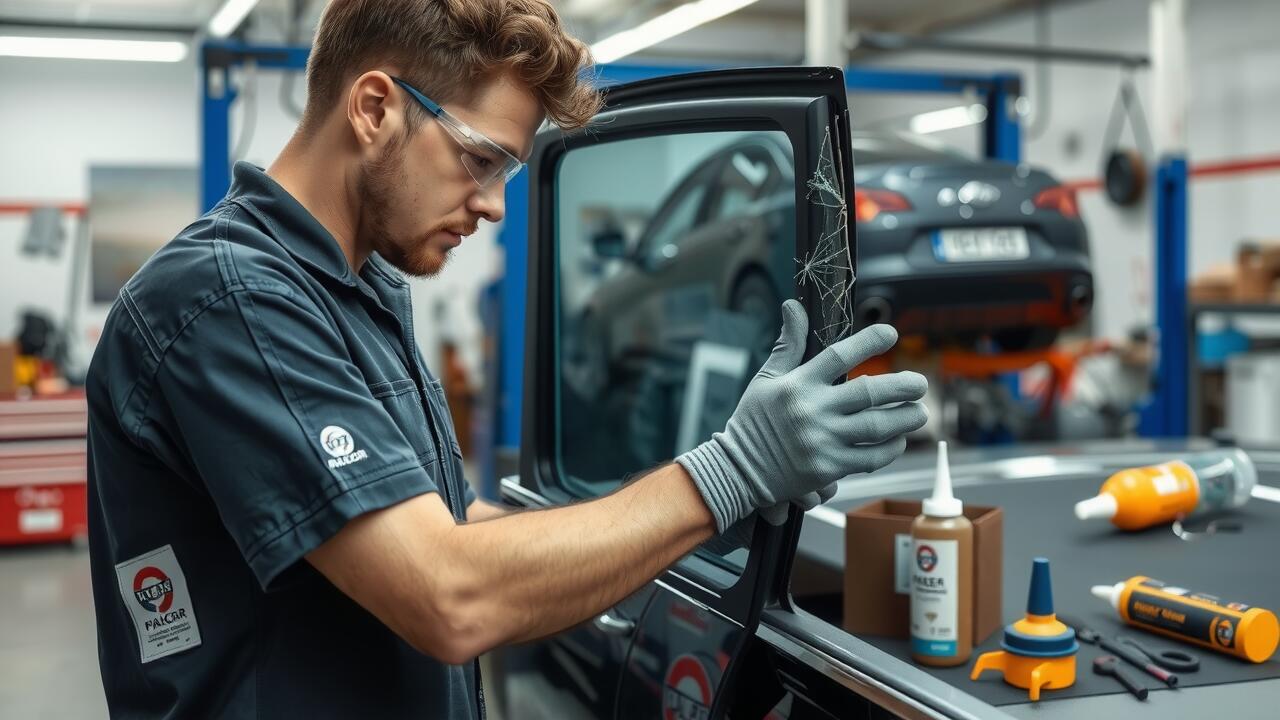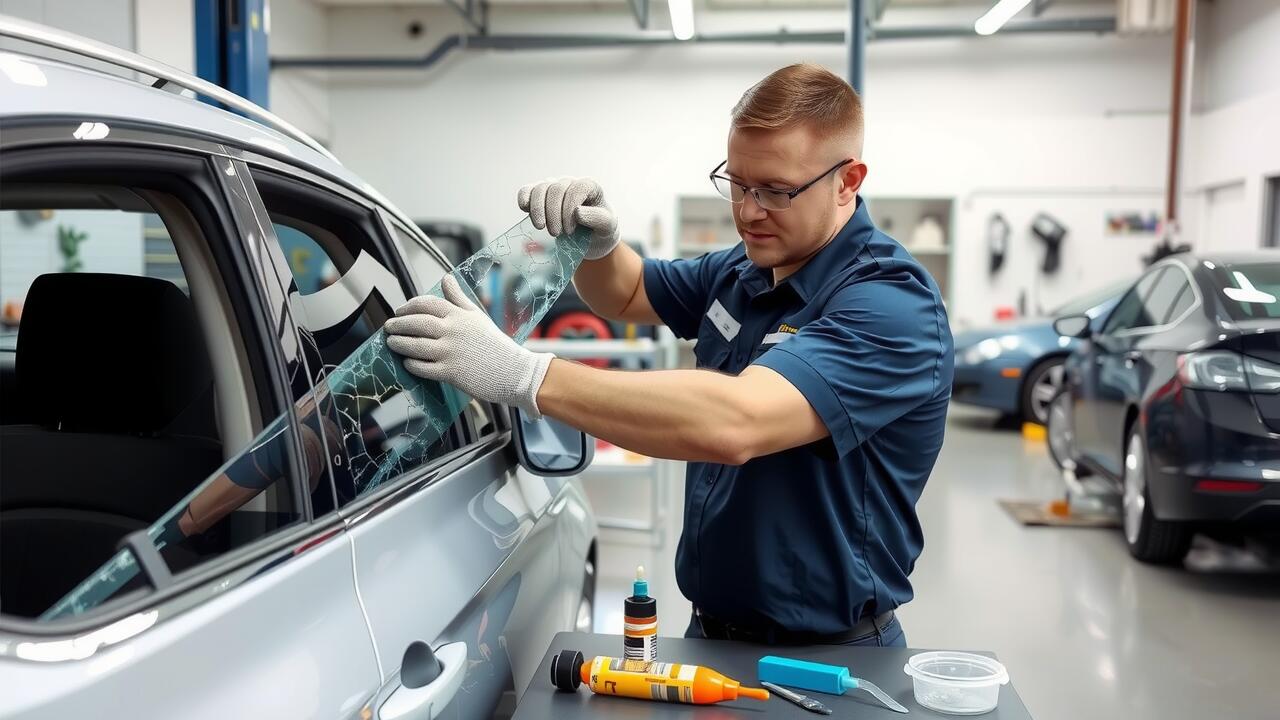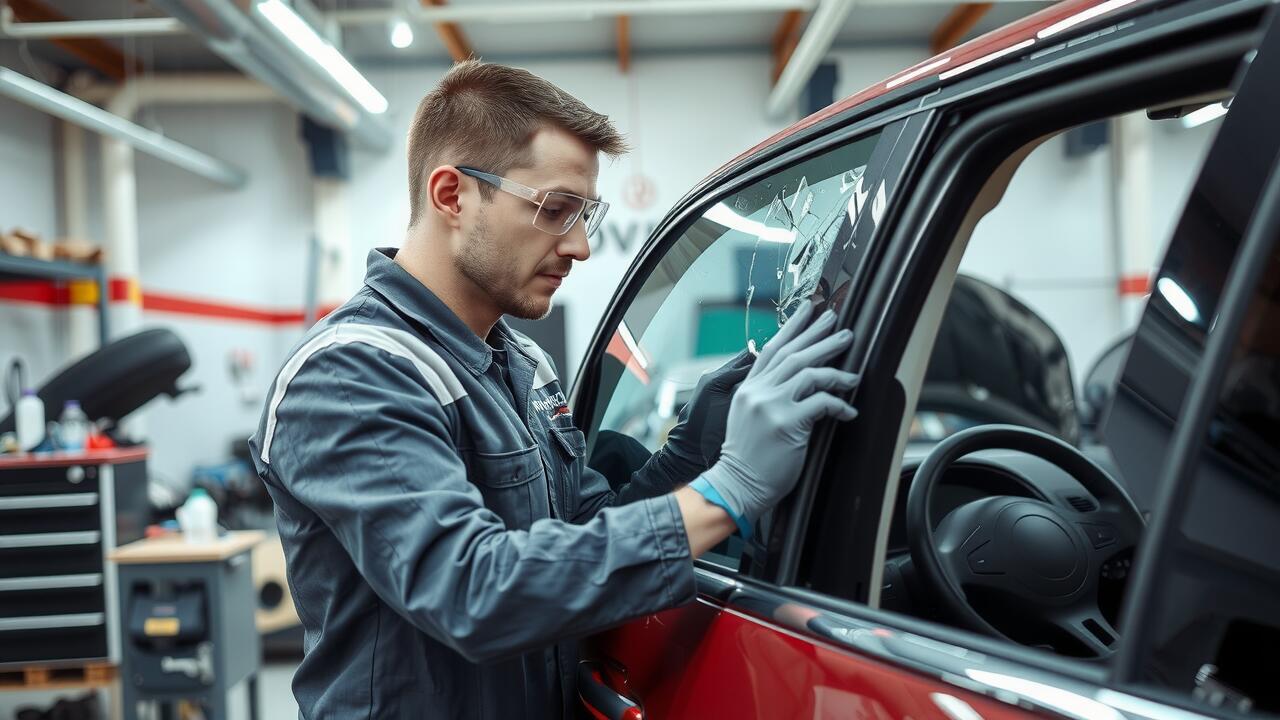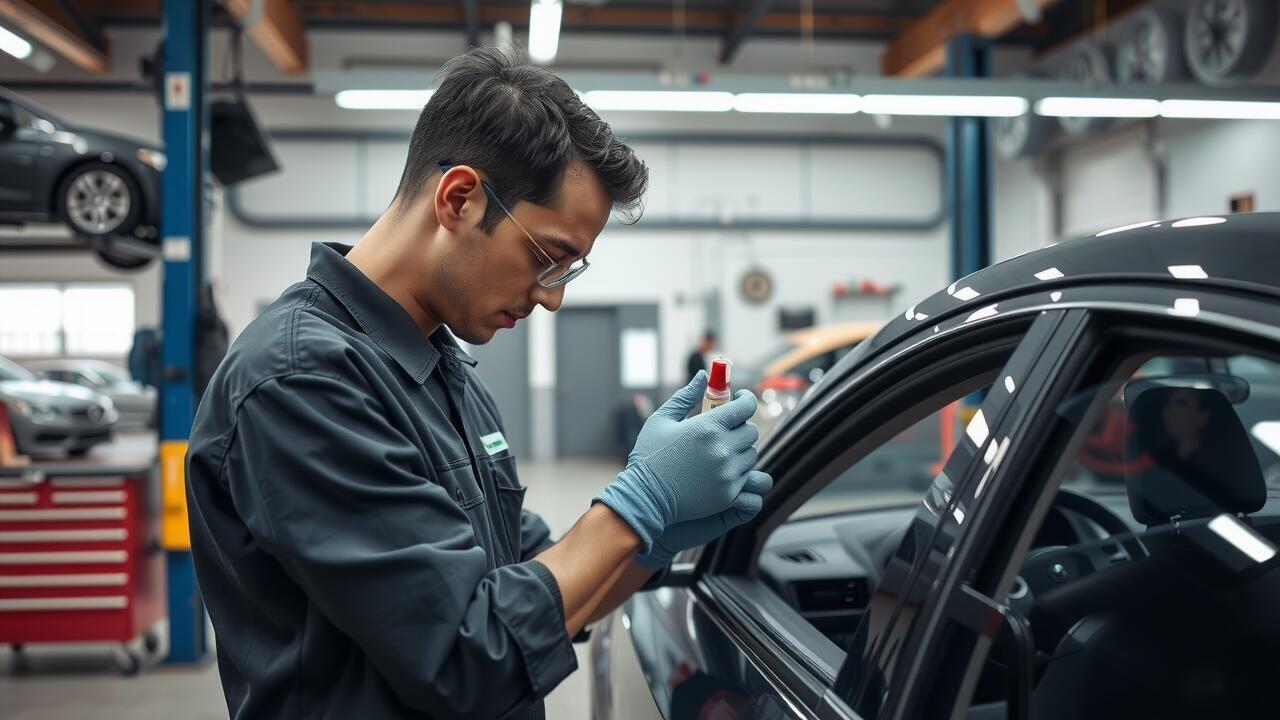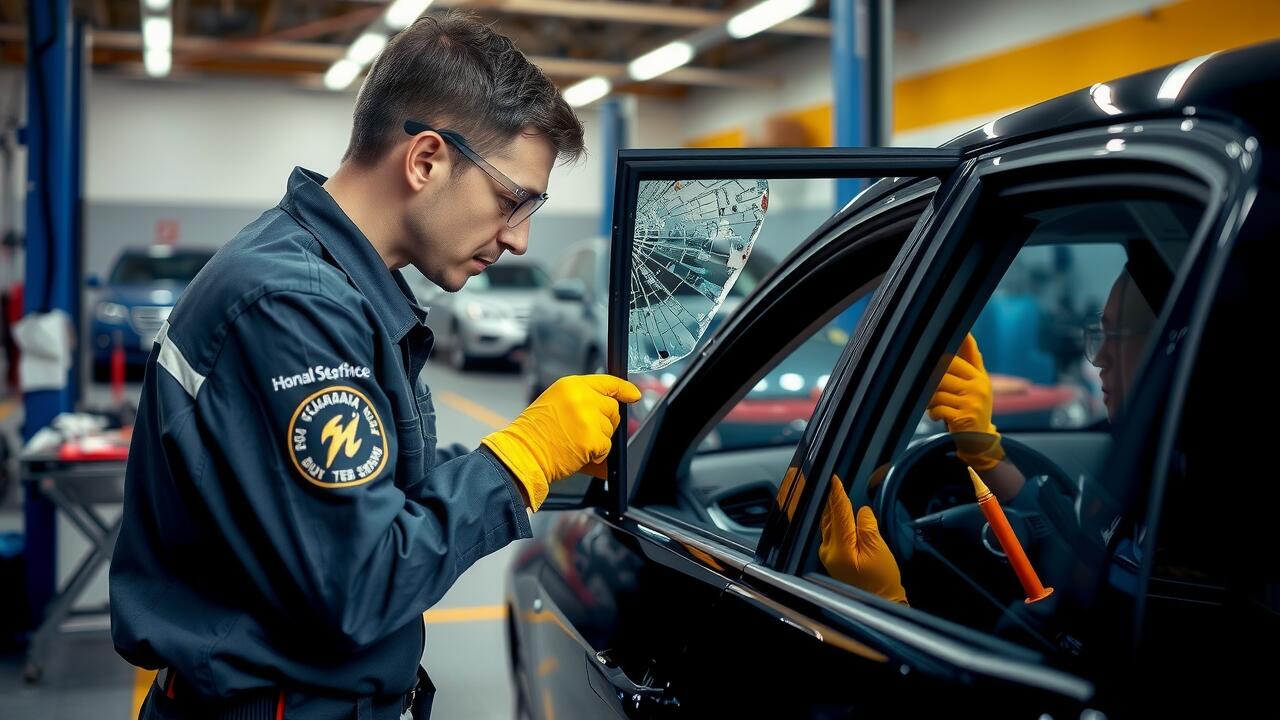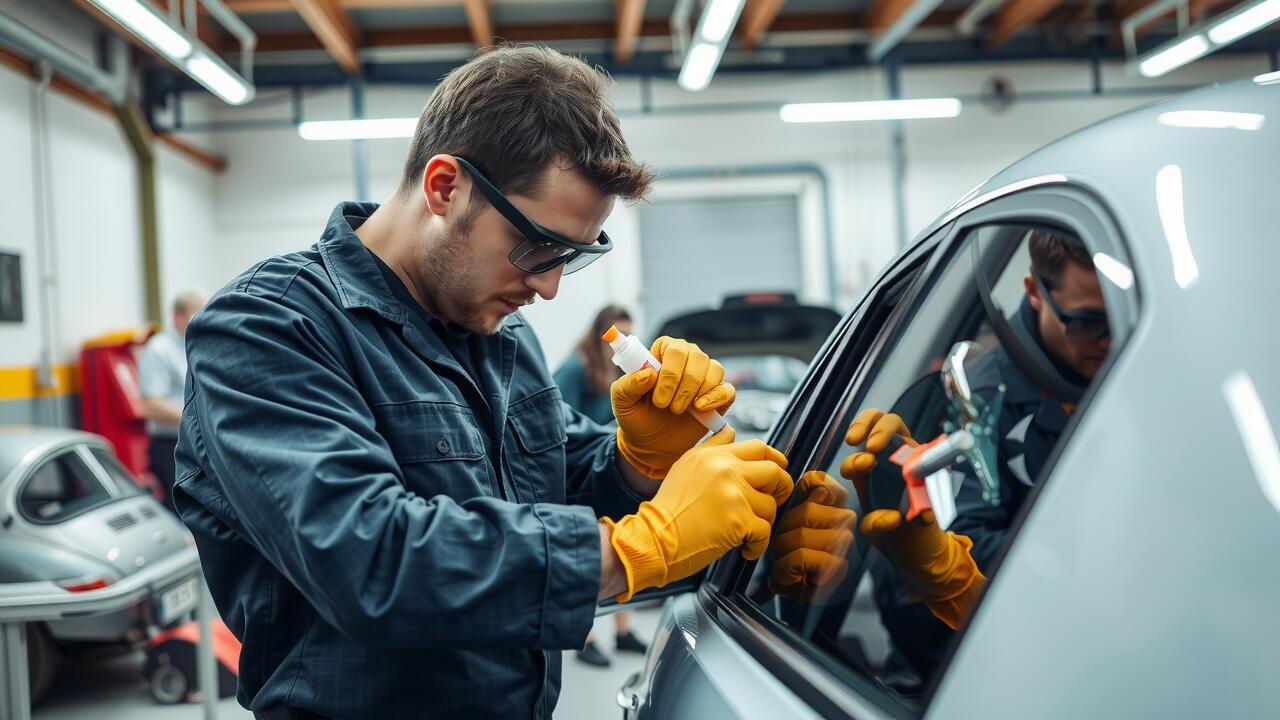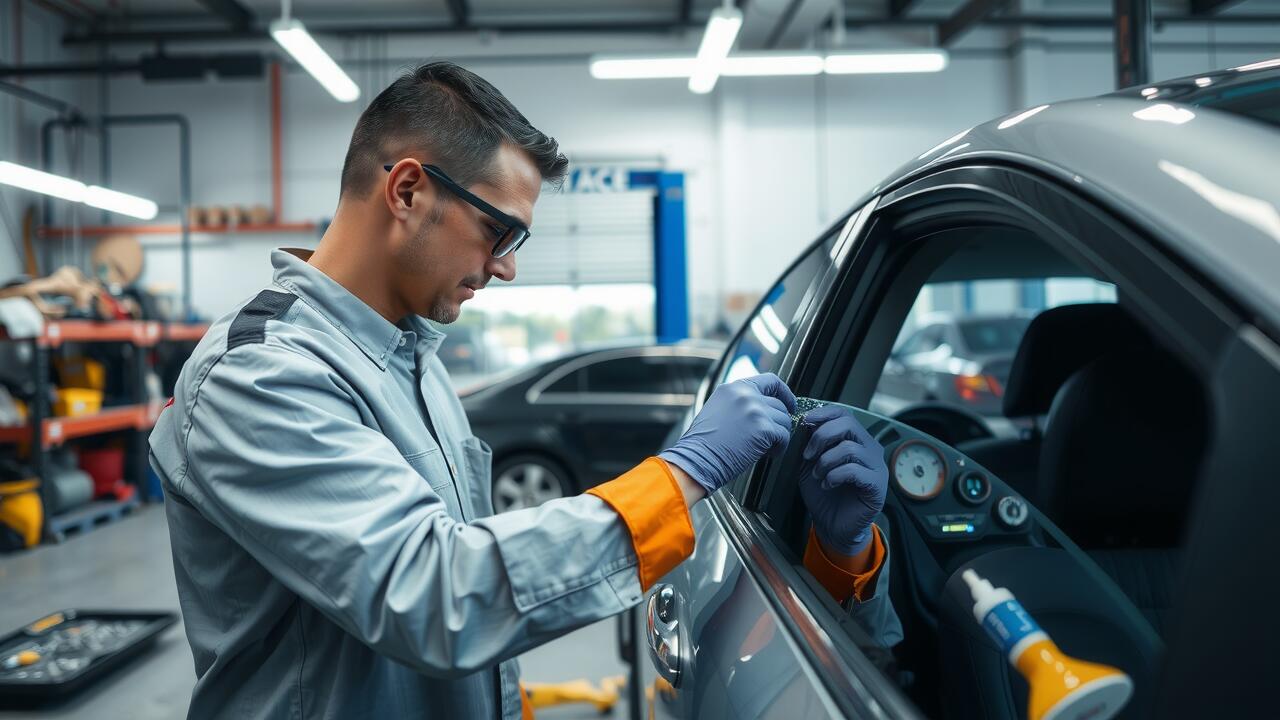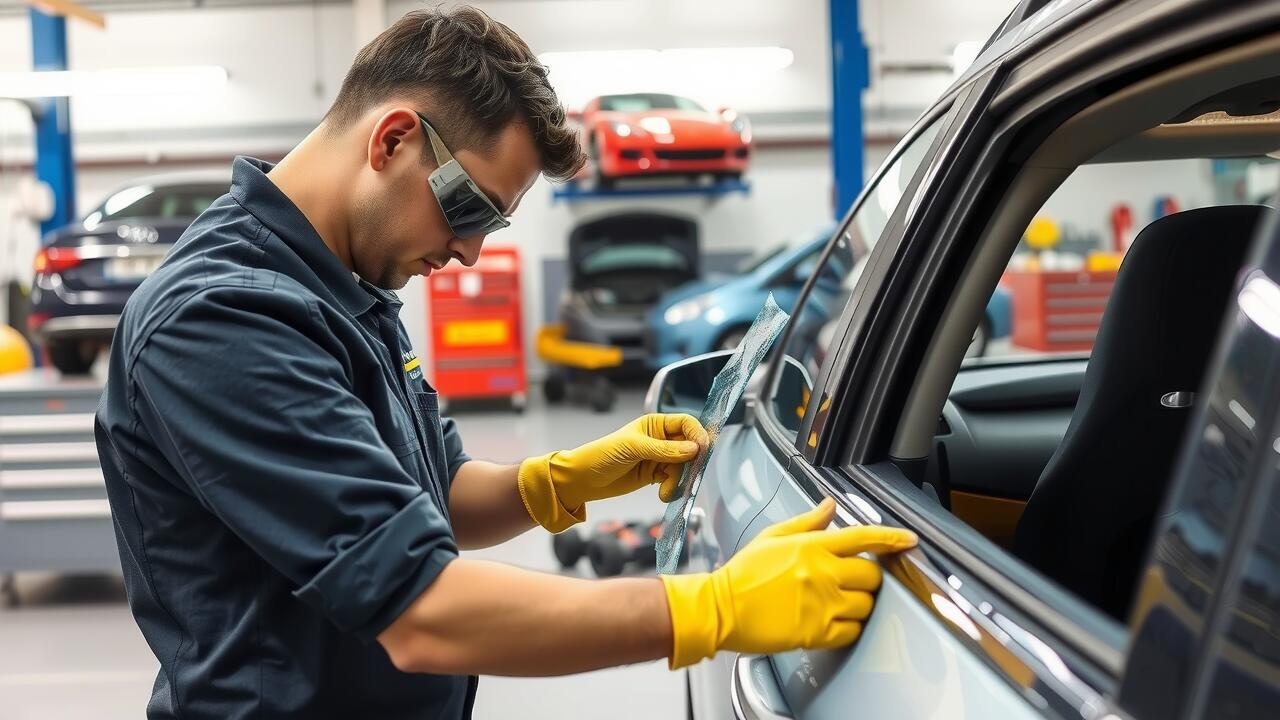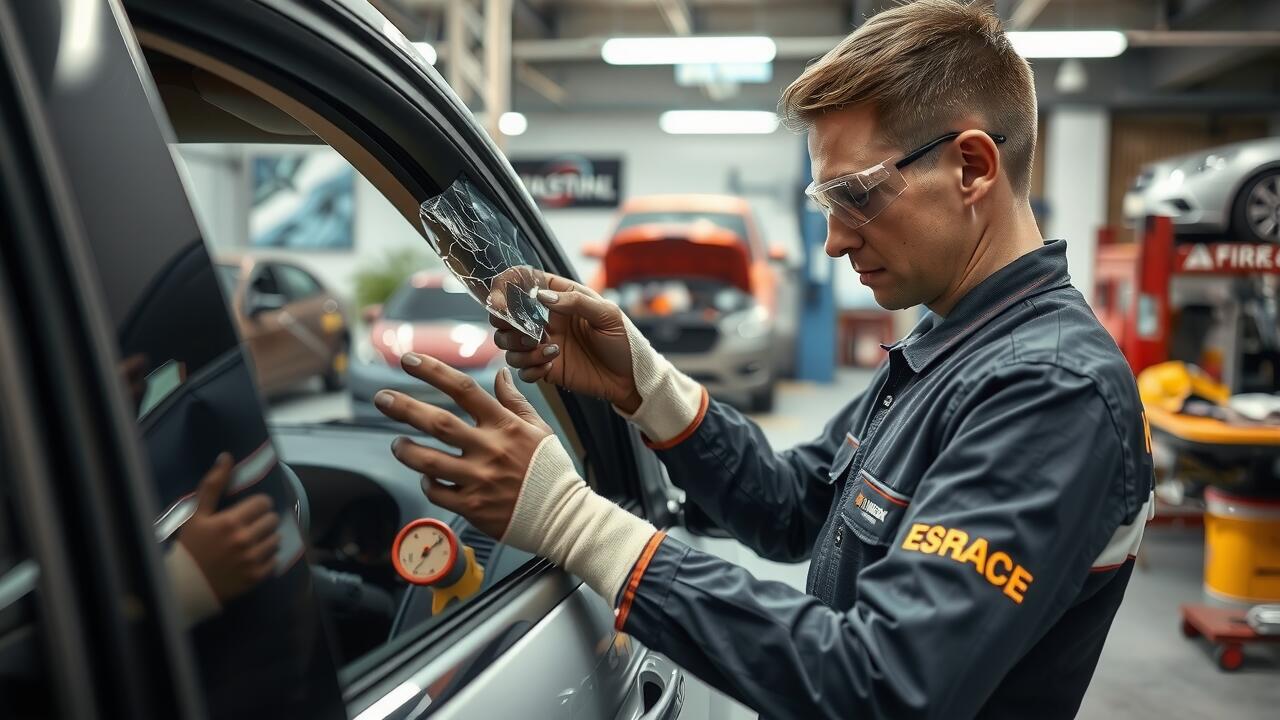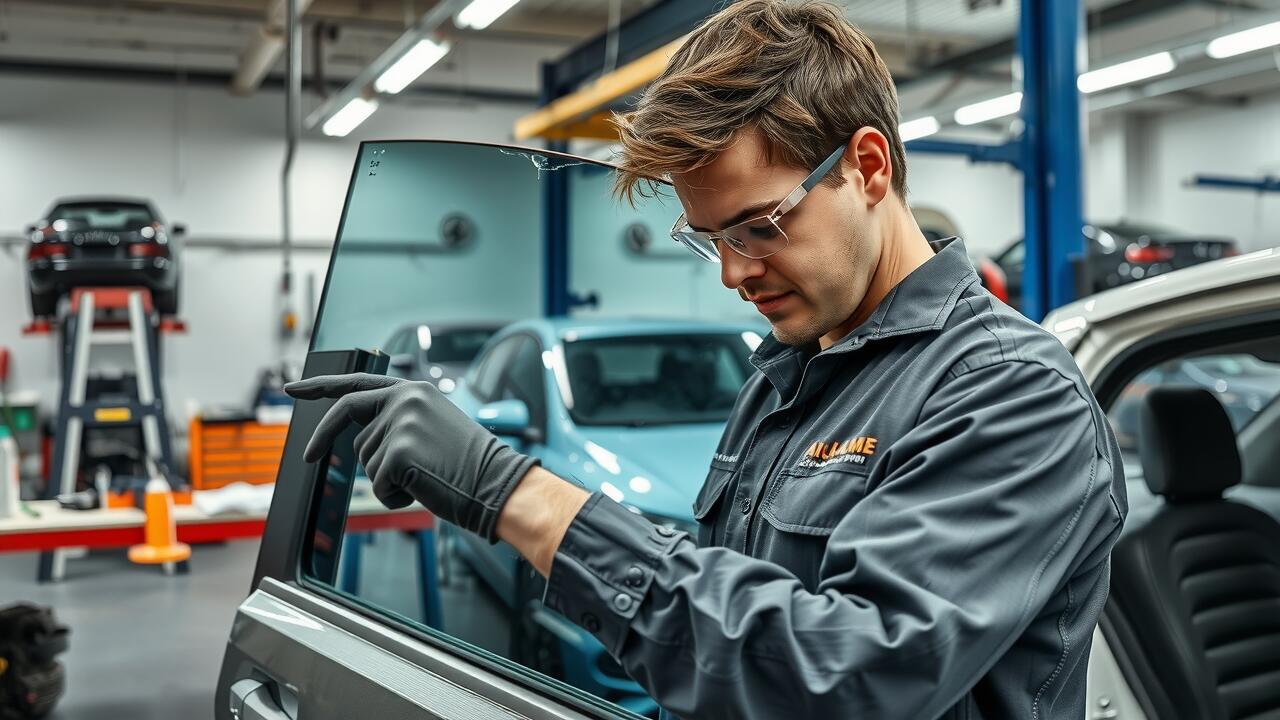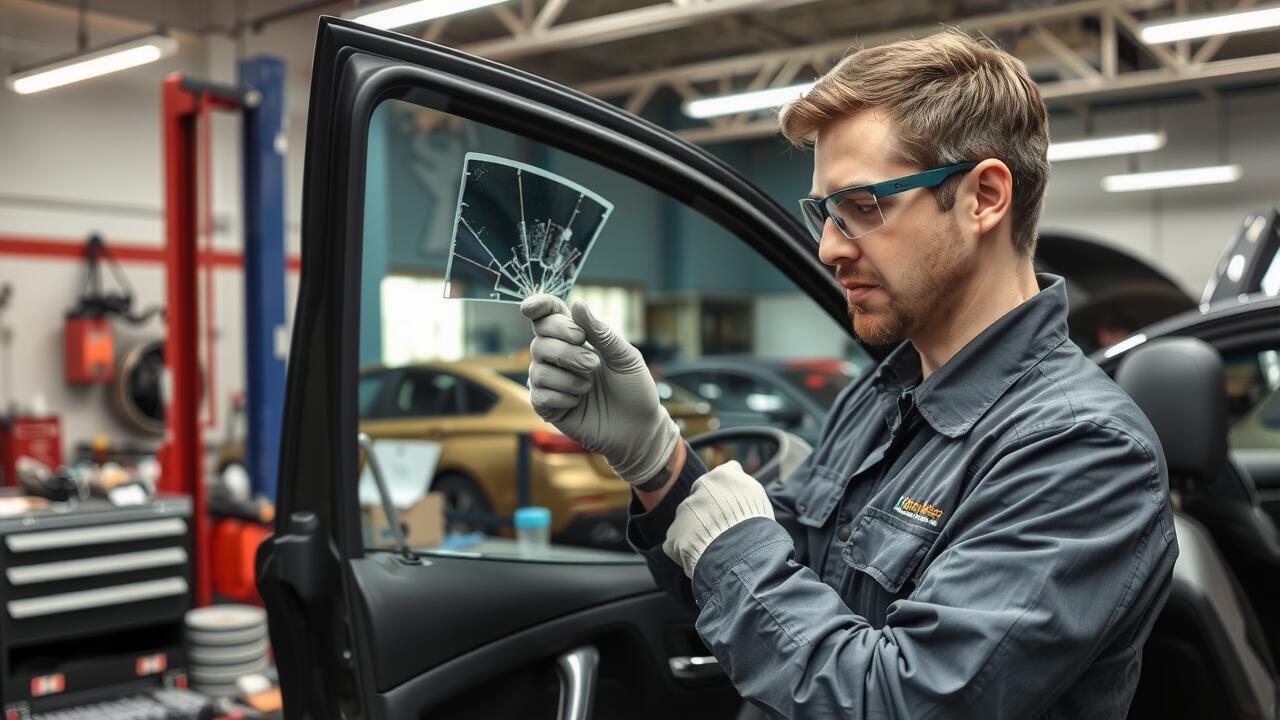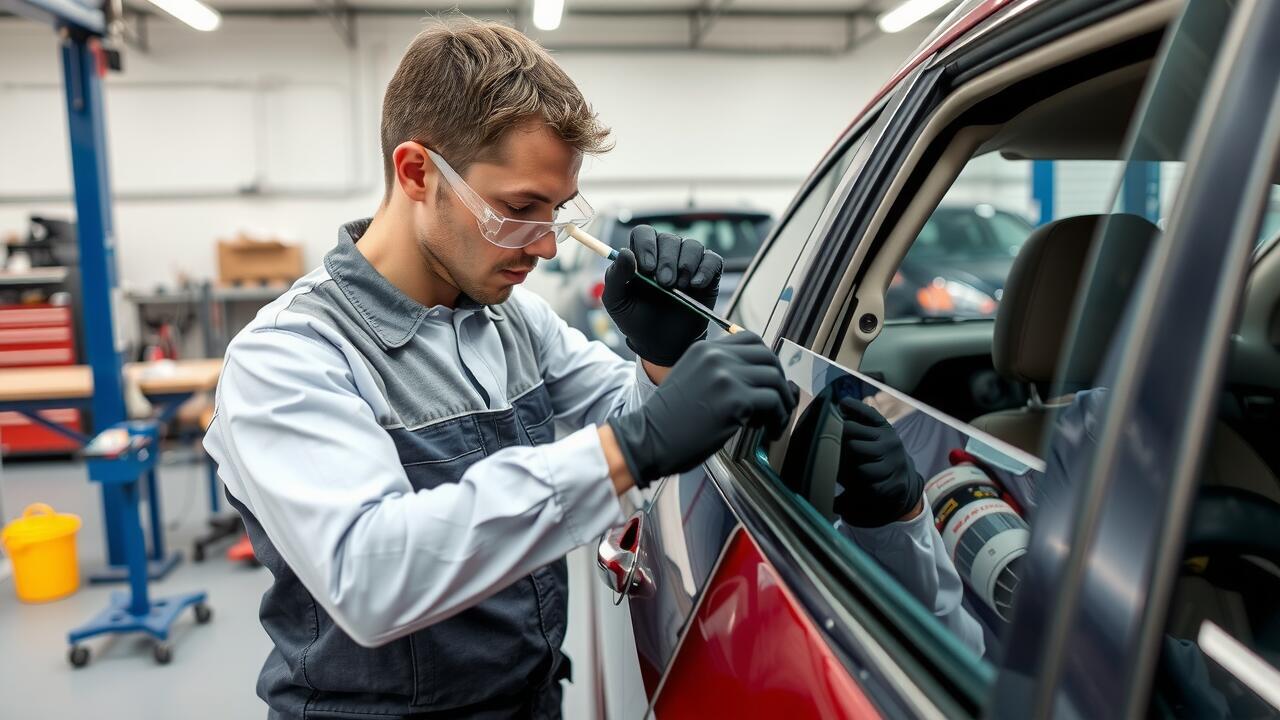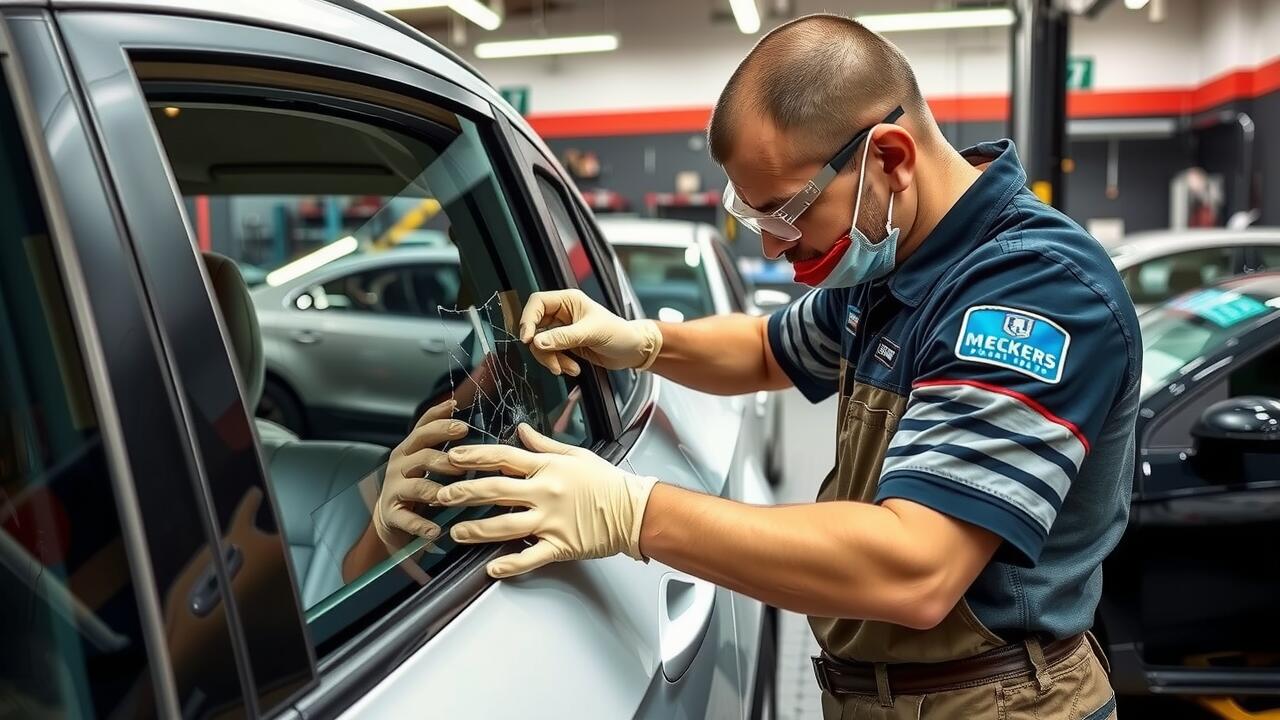
Table Of Contents
Warranty and Insurance Considerations
Many car owners may not realise that their warranty or insurance policy could cover the costs associated with side window repair. It's essential to review the terms of your vehicle's warranty, as manufacturers often include provisions for certain repairs within the coverage period. In addition, comprehensive car insurance typically covers accidental damage to windows, but policy specifics vary. Understanding your coverage can significantly lessen the financial burden associated with unexpected repairs.
When considering insurance claims for side window repair, it's crucial to weigh the potential impact on your premiums. For minor repairs, paying out of pocket might be more cost-effective than lodging a claim. However, if the damage involves significant costs, involving your insurer could be the better option. Always consult your insurance provider for clarity on your coverage and to avoid surprises when the need for repair arises.
Understanding Coverage for Window Repairs
When facing a car window that won't roll up, it's important to review your insurance policy for potential coverage on window repairs. Many comprehensive insurance plans include provisions for side window repair, especially if the damage arises from theft or vandalism. However, if the malfunction is due to wear and tear or mechanical failure, coverage may vary significantly between policies. It's advisable to check the fine print and understand any deductibles that might apply before initiating the repair process.
Additionally, warranties on your vehicle can also play a significant role in determining whether the repair costs are covered. Manufacturers often provide warranties that include certain components of the window mechanism. If your car is still within its warranty period, you might find that the side window repair can be handled at minimal cost. Always keep these documents handy when discussing repairs to ensure you receive any benefits entitled under your coverage.
Types of Window Mechanisms
Car windows operate using two primary mechanisms: manual and automatic systems. Manual windows employ a simple crank handle that the driver or passenger turns to raise and lower the glass. These systems are often found in older vehicles and can be more straightforward to repair. By contrast, automatic windows rely on an electric motor and are controlled by a switch. These mechanisms offer greater convenience but can introduce additional complexities when they fail, requiring a more detailed diagnosis during Side Window Repair.
Understanding the differences between these mechanisms can help car owners anticipate potential issues. For manual systems, wear and tear on the crank or cable can lead to difficulty in operation. In automatic systems, problems often stem from electrical faults or issues with the motor itself. Identifying the specific type of window mechanism in your vehicle can lead to better decisions regarding repairs and maintenance, especially when facing issues like a window that won't roll up.
Comparing Manual and Automatic Systems
When it comes to car windows, understanding the differences between manual and automatic systems is crucial. Manual window mechanisms typically involve a hand crank or lever that you operate to raise or lower the window. These systems are generally simpler, meaning that repairs can often be more straightforward and cost-effective. In situations where a manual window won't roll up, the issue may be linked to a faulty crank or cable, which can make Side Window Repair less complicated.
In contrast, automatic window systems rely on electrical components to function. These systems tend to offer more convenience, allowing for one-touch operation. However, they can also be more prone to issues due to the complexity of their wiring and motor components. When an automatic window fails to close, it may entail a deeper diagnostic process, potentially leading to higher repair costs. Understanding these differences can help car owners gauge what to expect in terms of maintenance and repairs.
Maintaining Your Car Windows
Regular maintenance of car windows can significantly extend their lifespan and functionality. Keeping tracks and mechanisms clean helps prevent dirt buildup that could hinder movement. Lubricating parts with appropriate sprays can also ensure smoother operation. Attention to any unusual noises during window operation can help identify problems early.
In the event of a malfunction, initiating prompt side window repair is crucial. Delaying repairs can lead to further damage, making the process more costly. Additionally, monitoring the conditions of window seals is essential, as worn seals can allow water to enter the vehicle. Regular checks can help maintain not only the windows but also the overall integrity of the car.
Preventative Measures to Avoid Future Issues
Routine maintenance plays a pivotal role in ensuring the longevity and functionality of car window mechanisms. Regularly lubricating the window tracks can significantly reduce wear and tear. Using a silicone-based lubricant helps maintain smooth operation, preventing potential issues that could lead to expensive Side Window Repair. Additionally, checking for debris in the window seals and tracks may reduce the likelihood of blockages that hinder window movement.
Drivers should also be attentive to signs of window malfunction, such as unusual noises or sluggish movement when operating the window. Addressing these symptoms early can prevent more extensive damage down the line. Keeping window seals clean and well-maintained can also be beneficial, as dirt and grime can accumulate, leading to operational problems and the need for Side Window Repair in the future. Regular inspections and being proactive about small issues can save both time and money.
FAQS
How much does it typically cost to fix a car window that won't roll up?
The cost to fix a car window that won't roll up can vary widely depending on the make and model of the vehicle, but prices generally range from $100 to $500 for repairs.
Will my car insurance cover the cost of fixing a window?
It depends on your policy. Some comprehensive insurance plans may cover window repairs, especially if the damage was caused by an accident or vandalism. Be sure to check with your insurance provider for details.
What are the common reasons why a car window won't roll up?
Common reasons include a faulty window regulator, a blown fuse, or issues with the window motor. In some cases, it may be a simple obstruction or dirt in the window track.
Can I fix the window myself, or should I hire a professional?
While some minor issues can be resolved with DIY methods, such as checking fuses or clearing debris, it's often best to hire a professional for more complex problems to ensure the repair is done correctly.
How can I prevent my car windows from having issues in the future?
Regular maintenance checks, keeping the window tracks clean, and avoiding slamming the windows can help prevent future issues with car windows. Additionally, addressing any minor problems early can also help.
